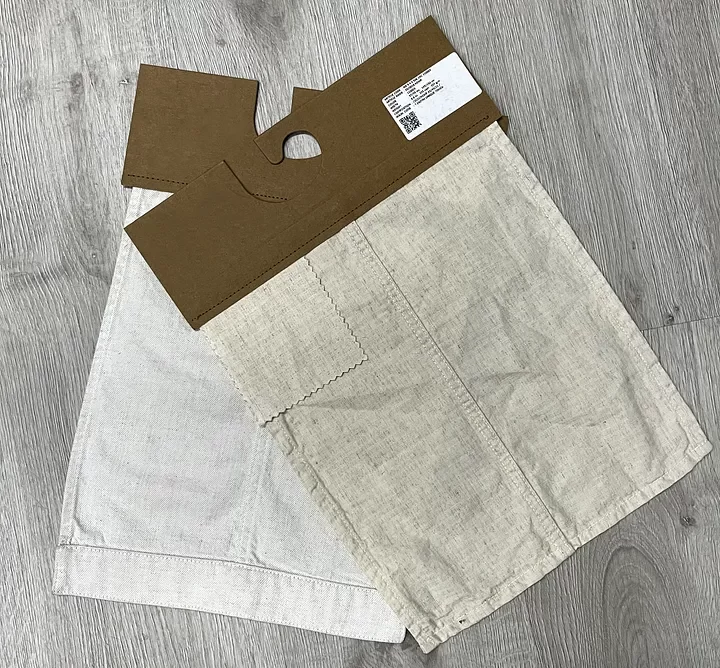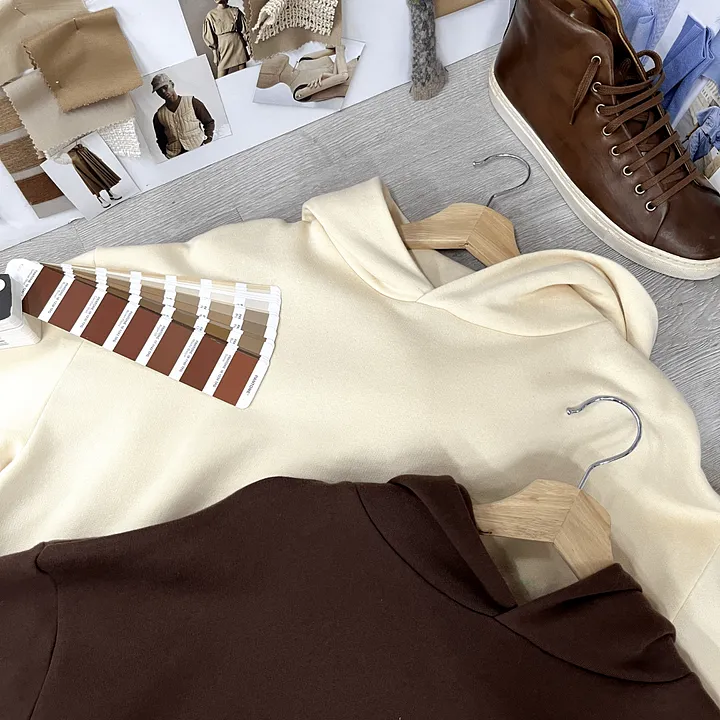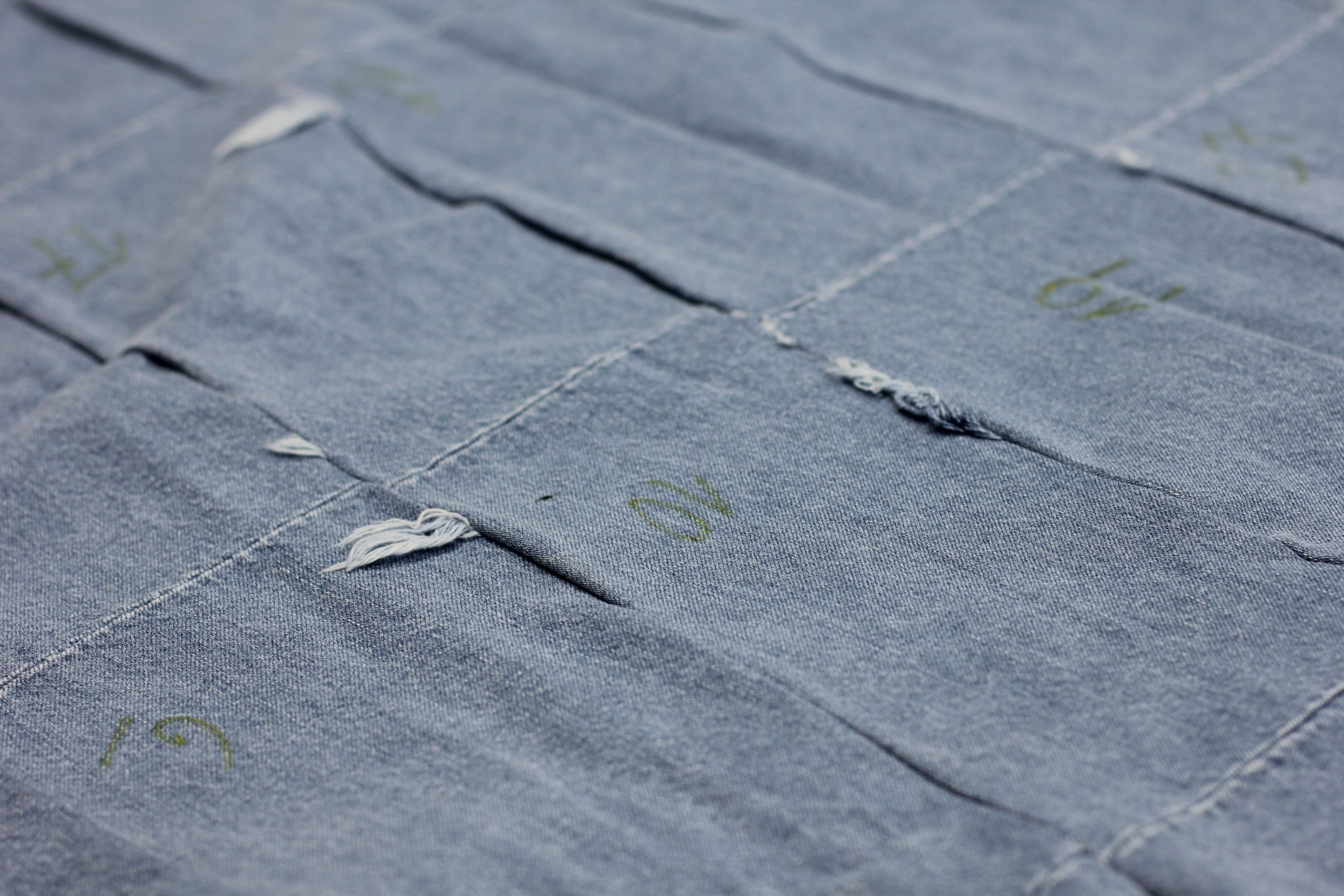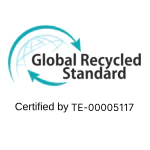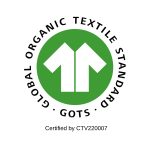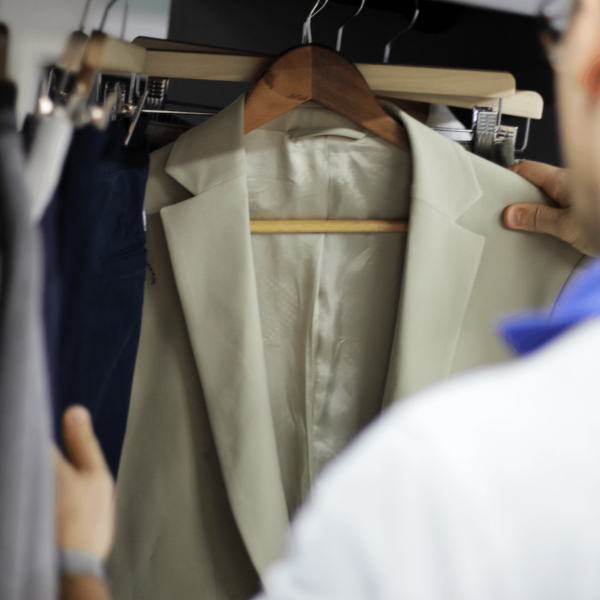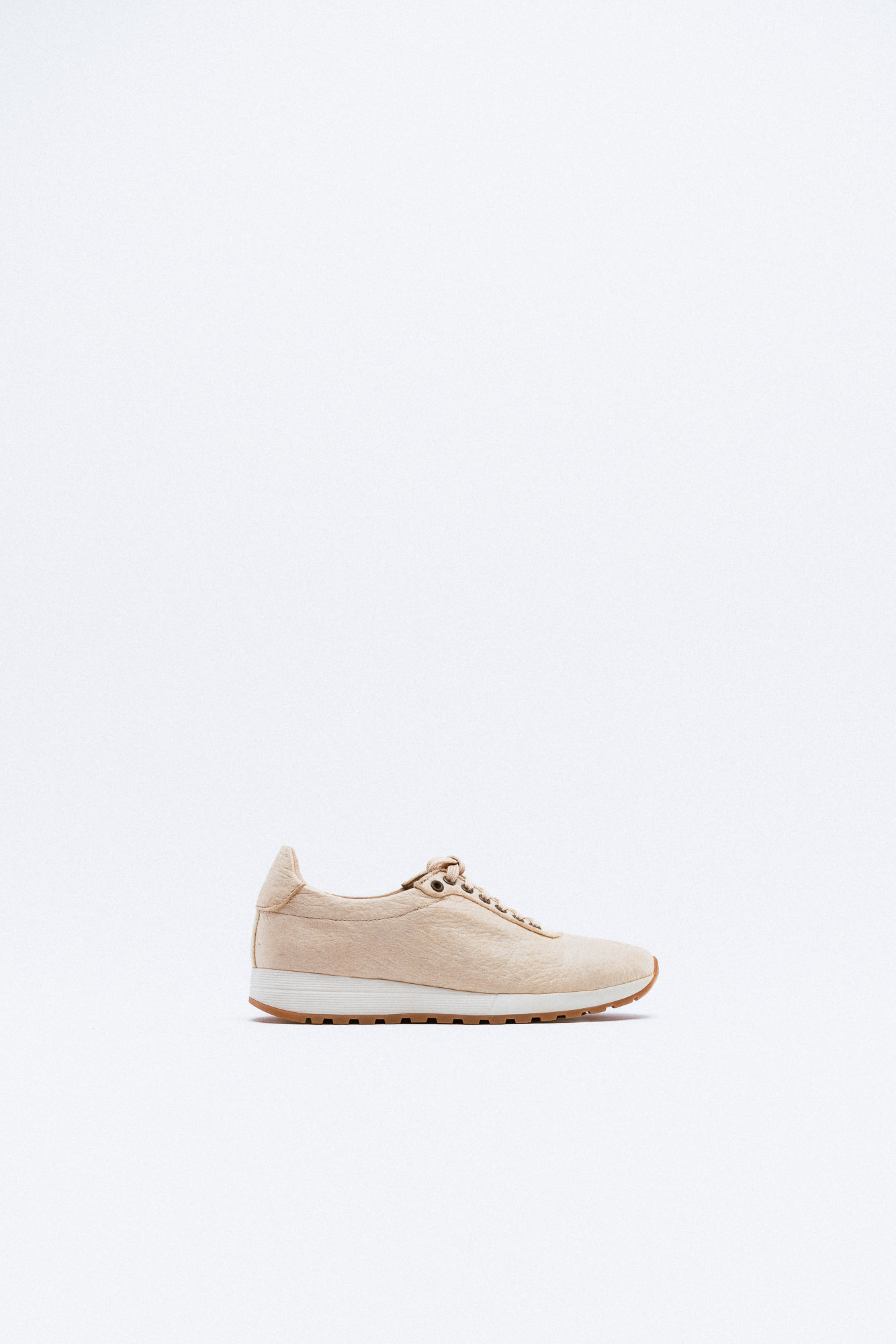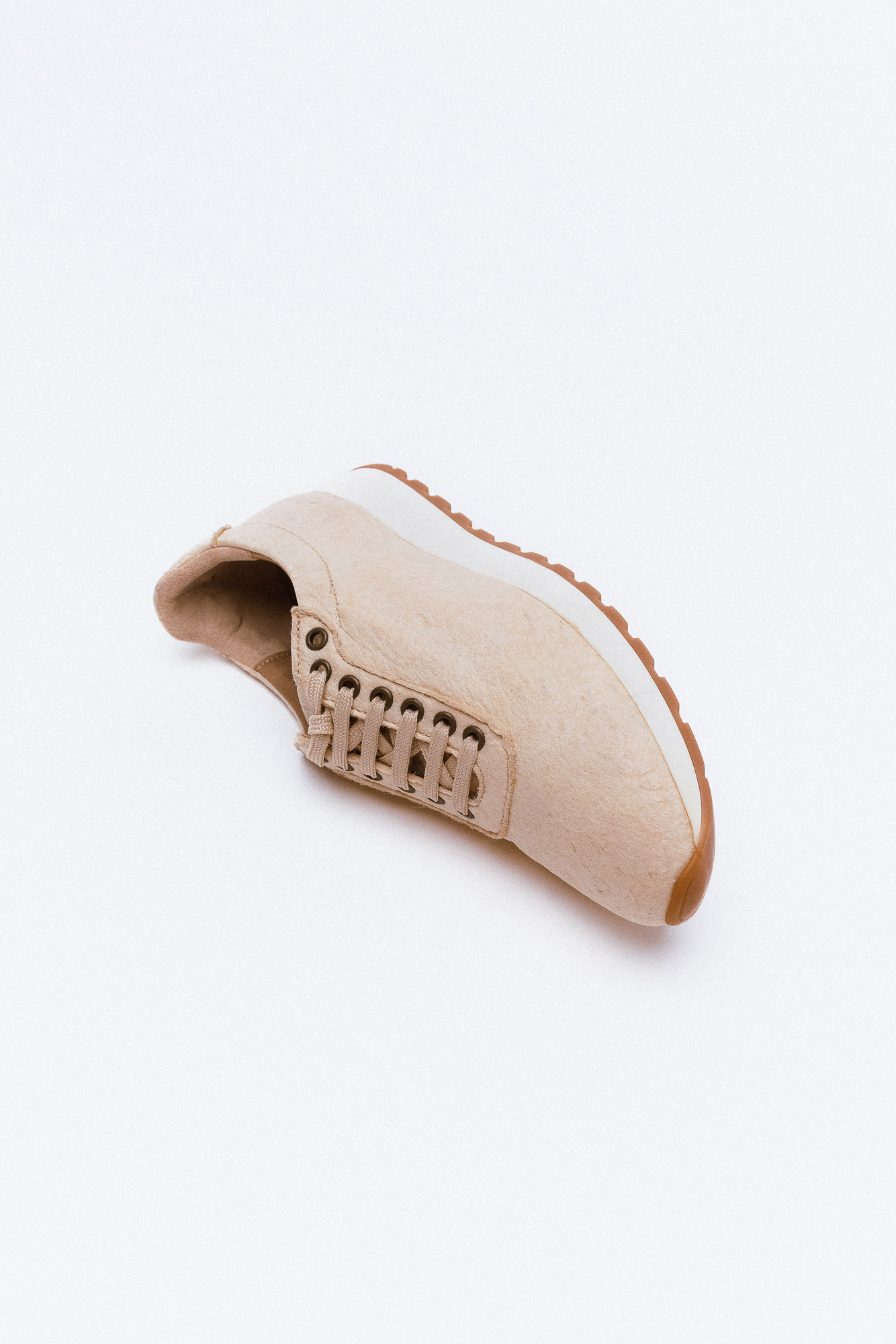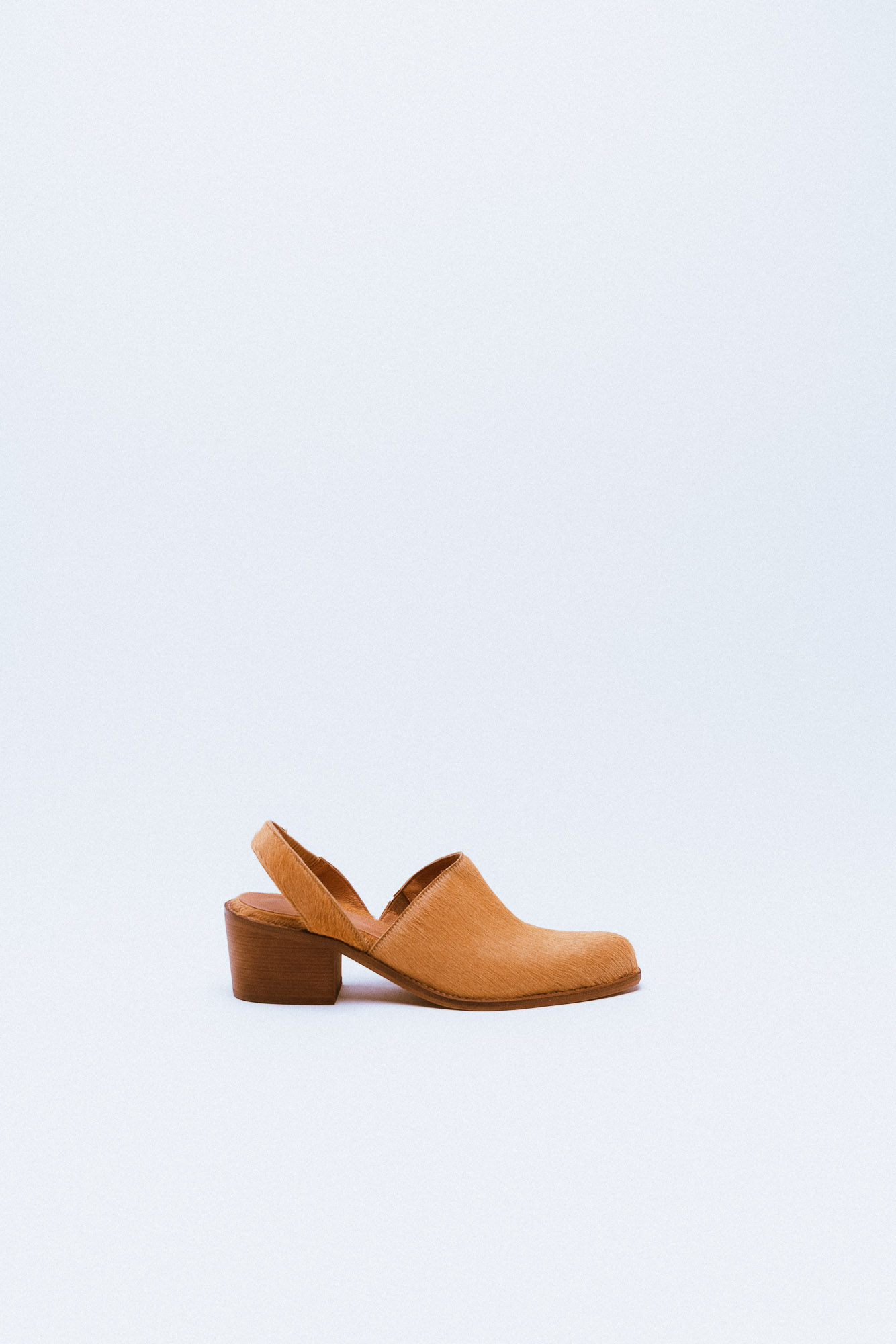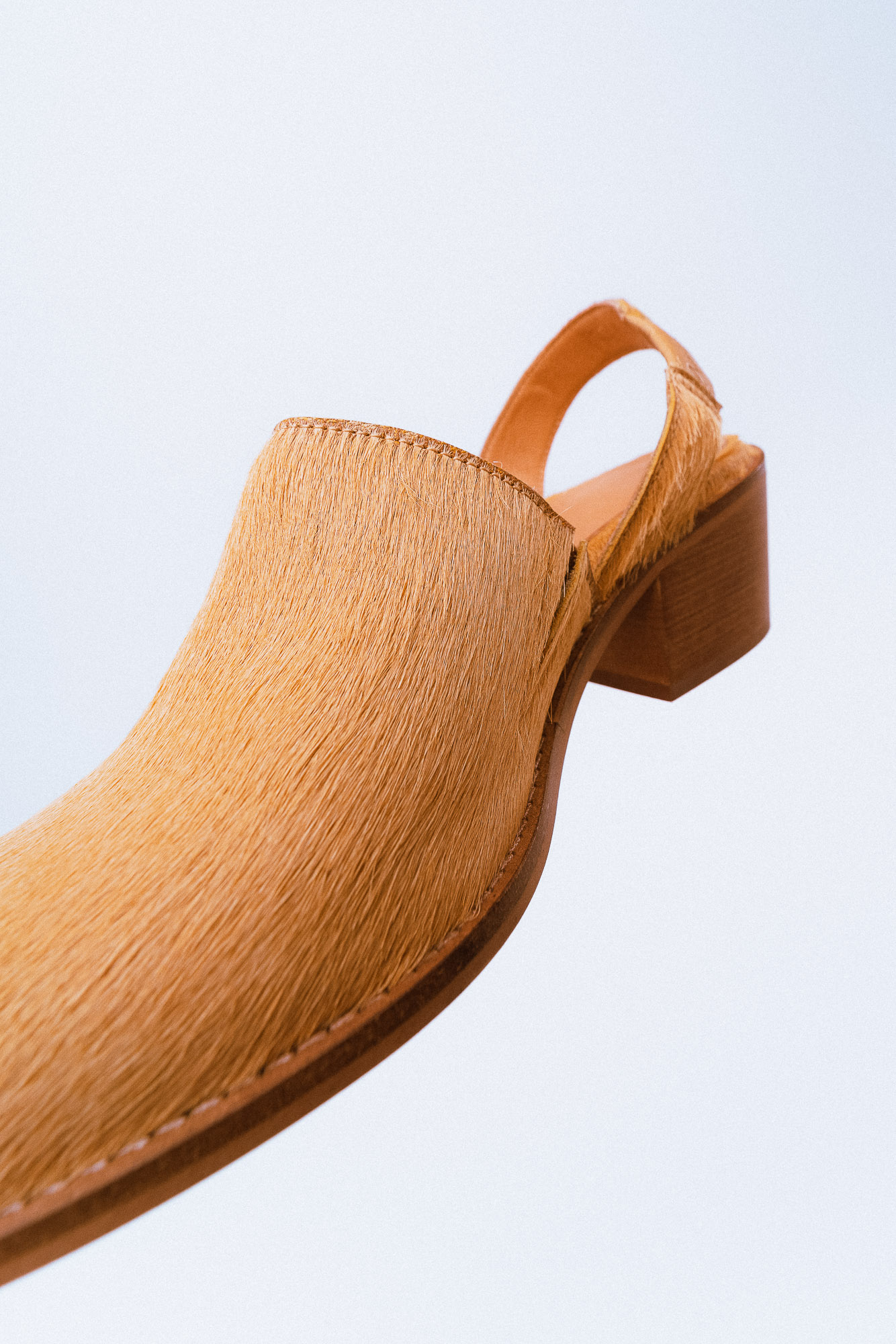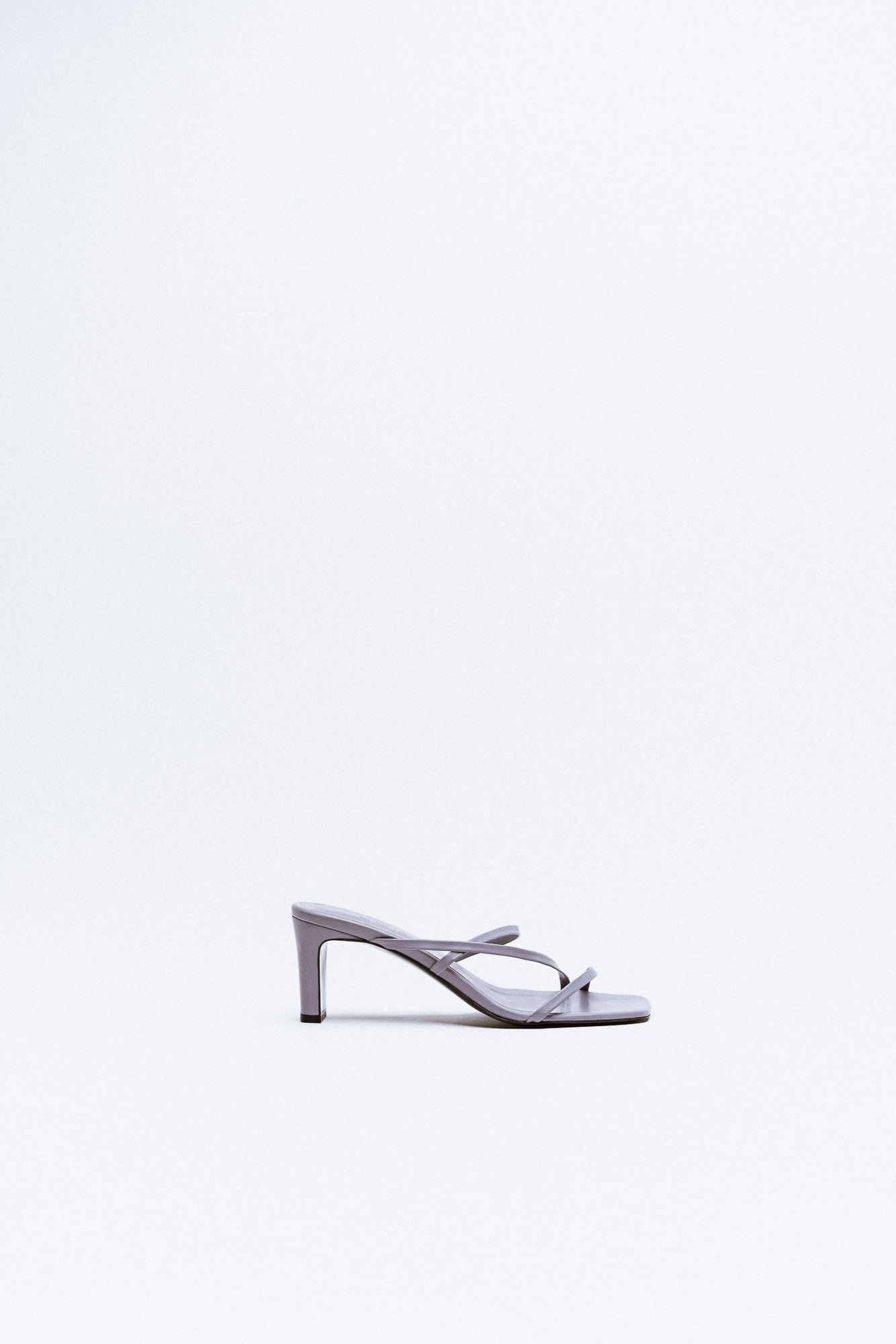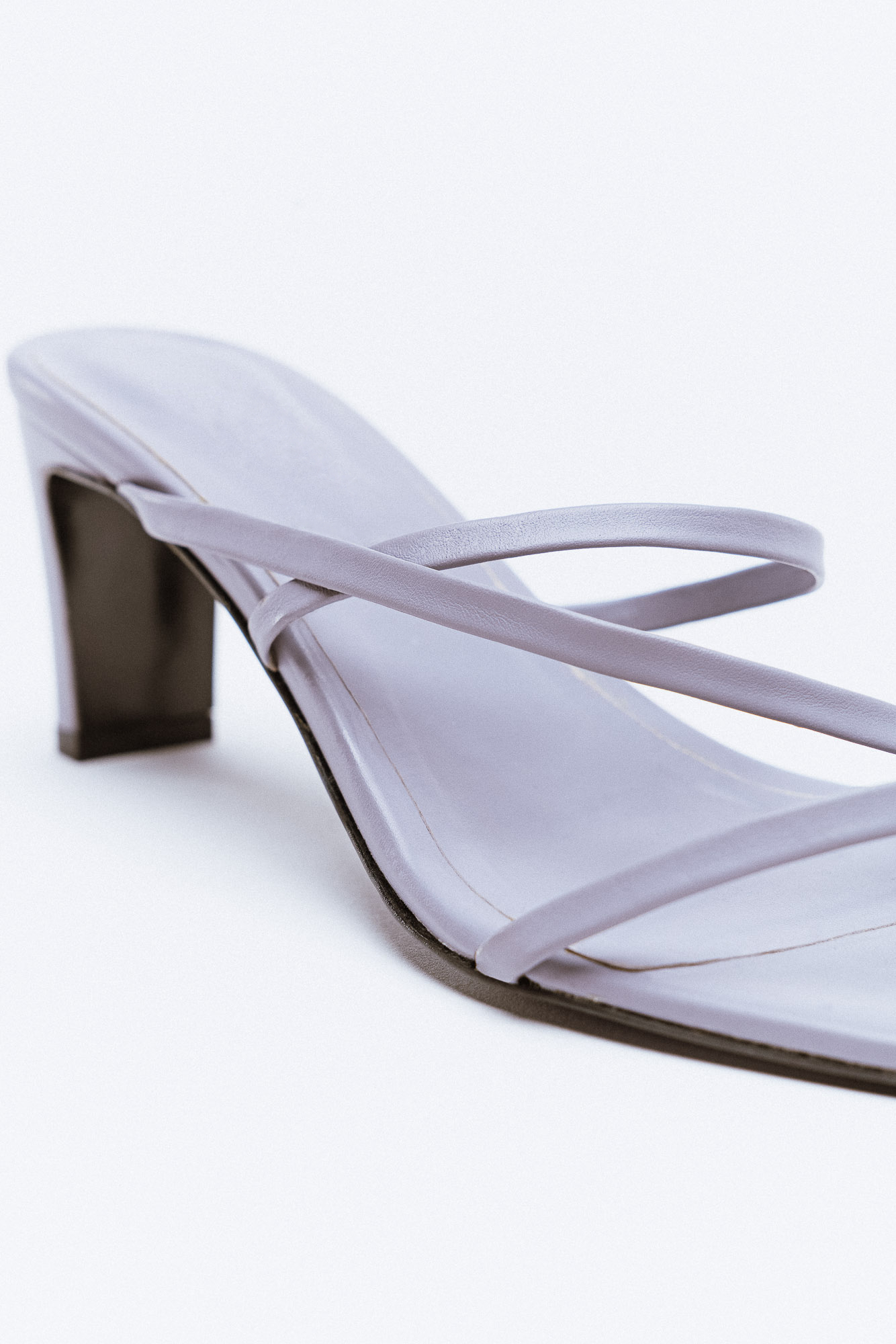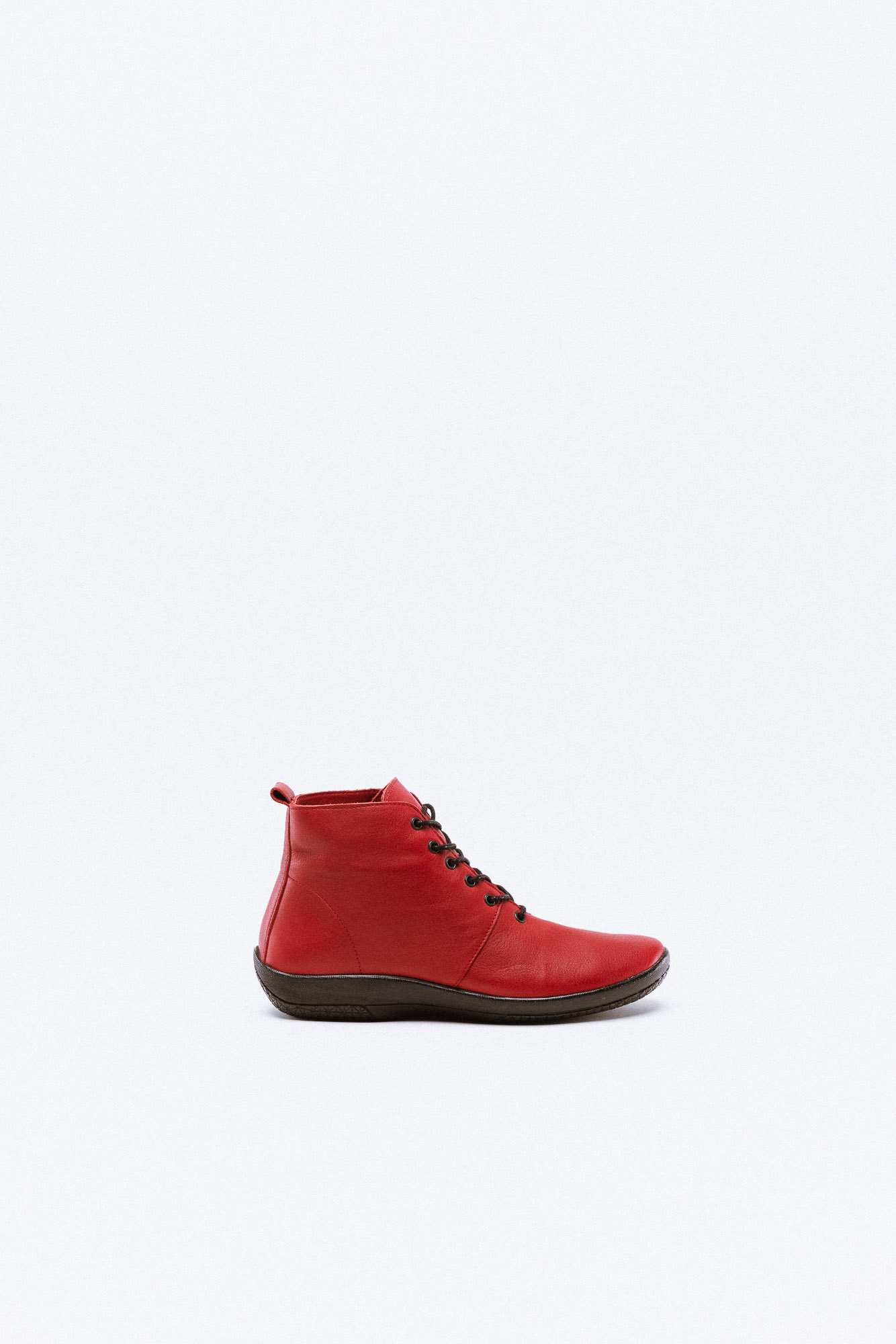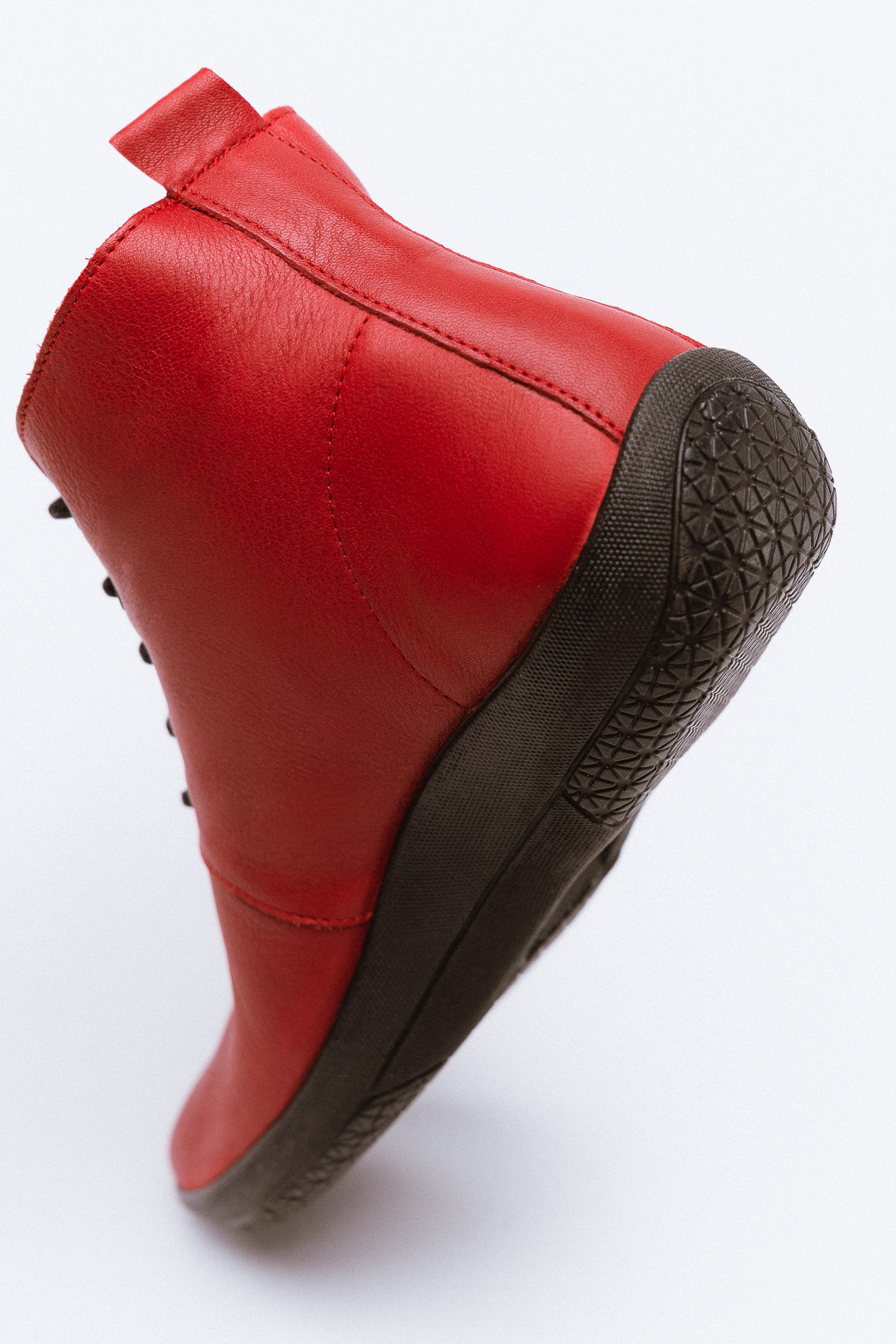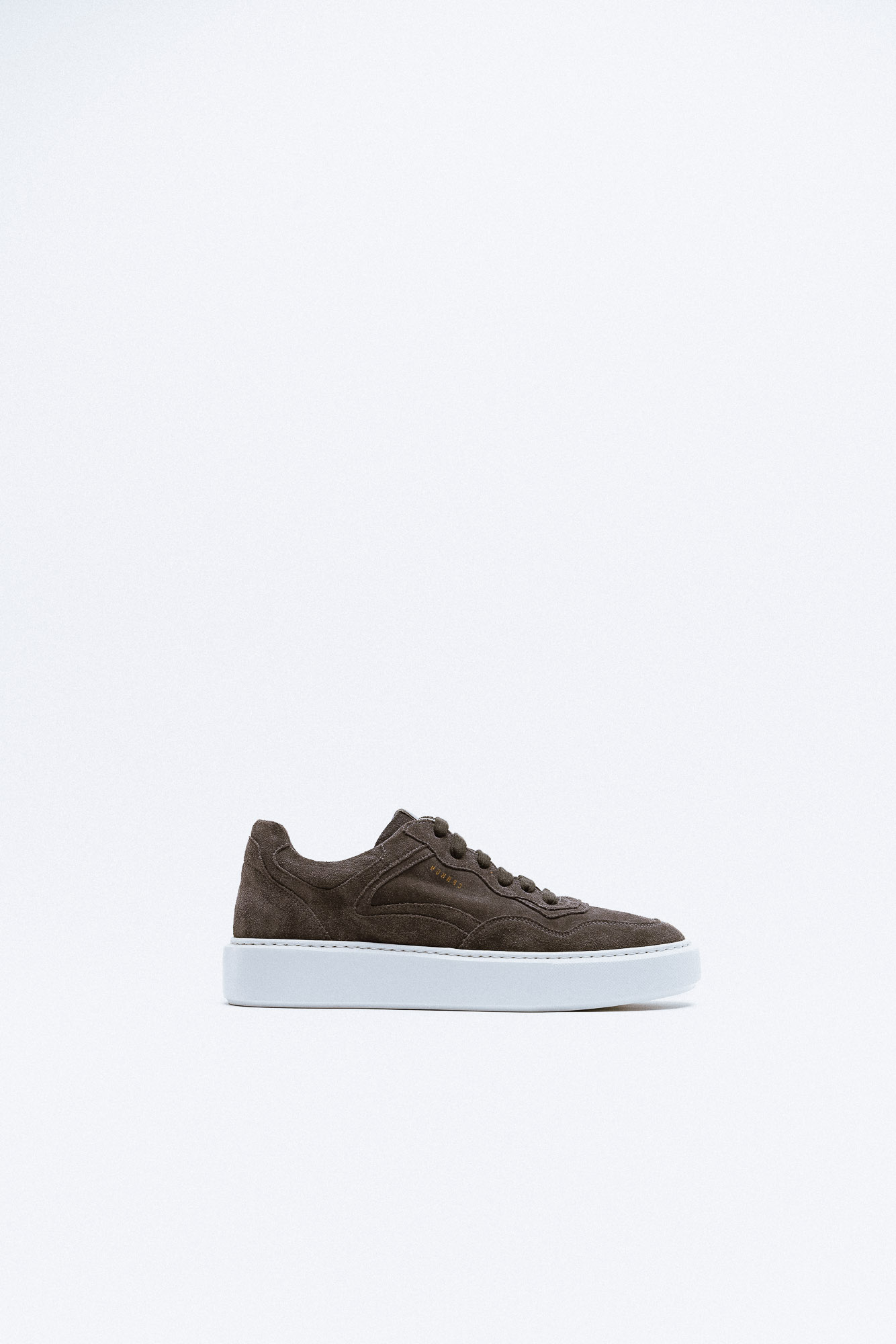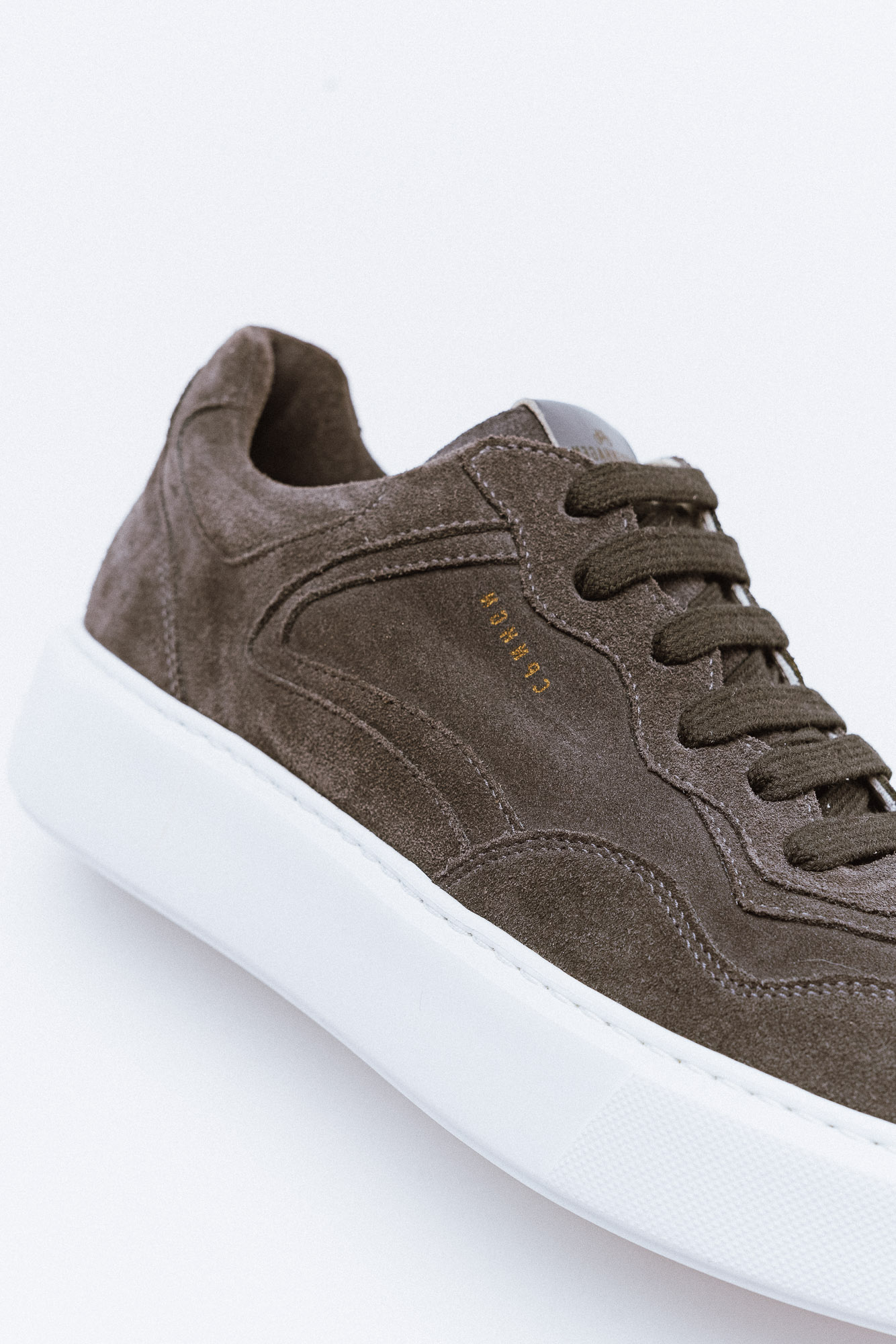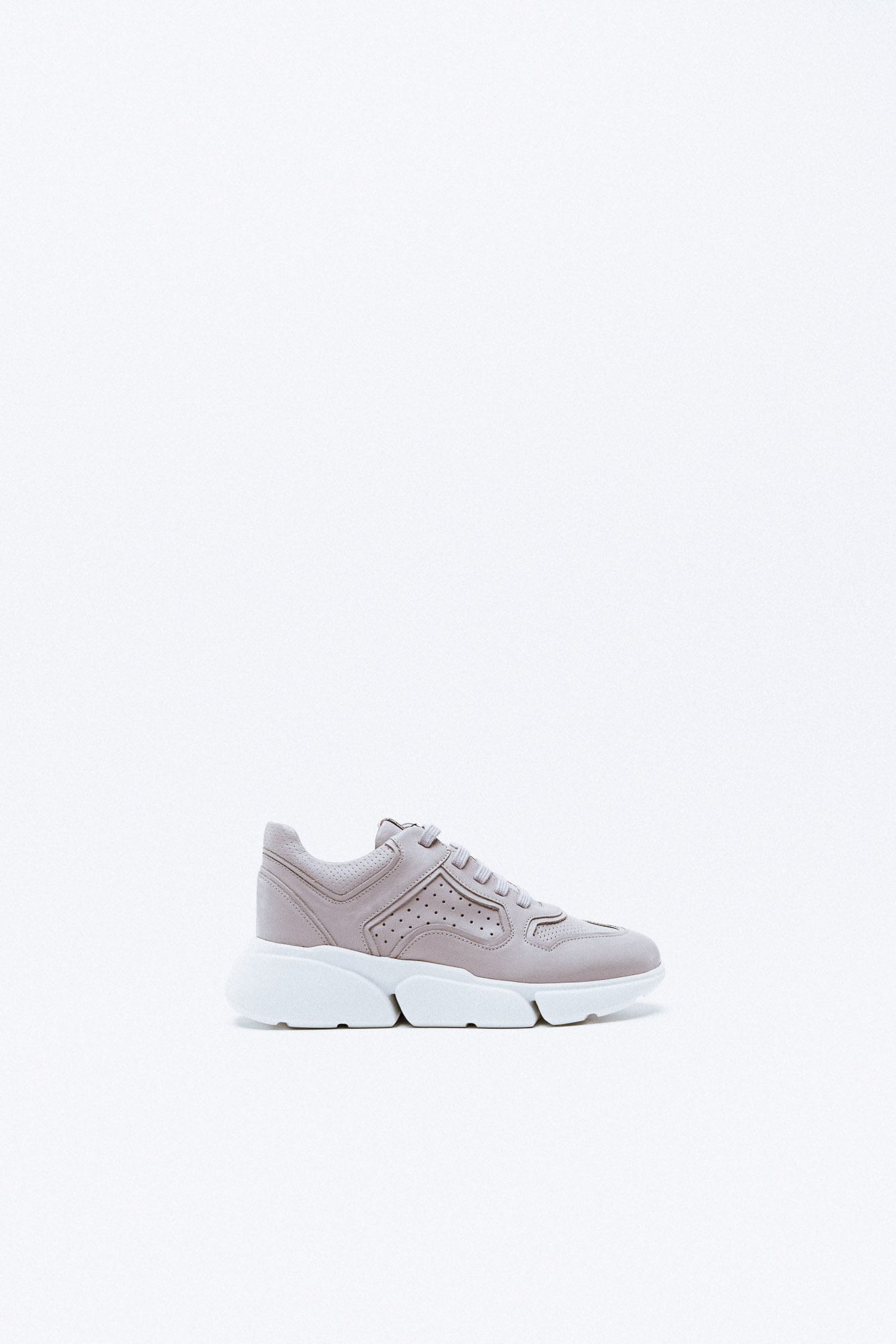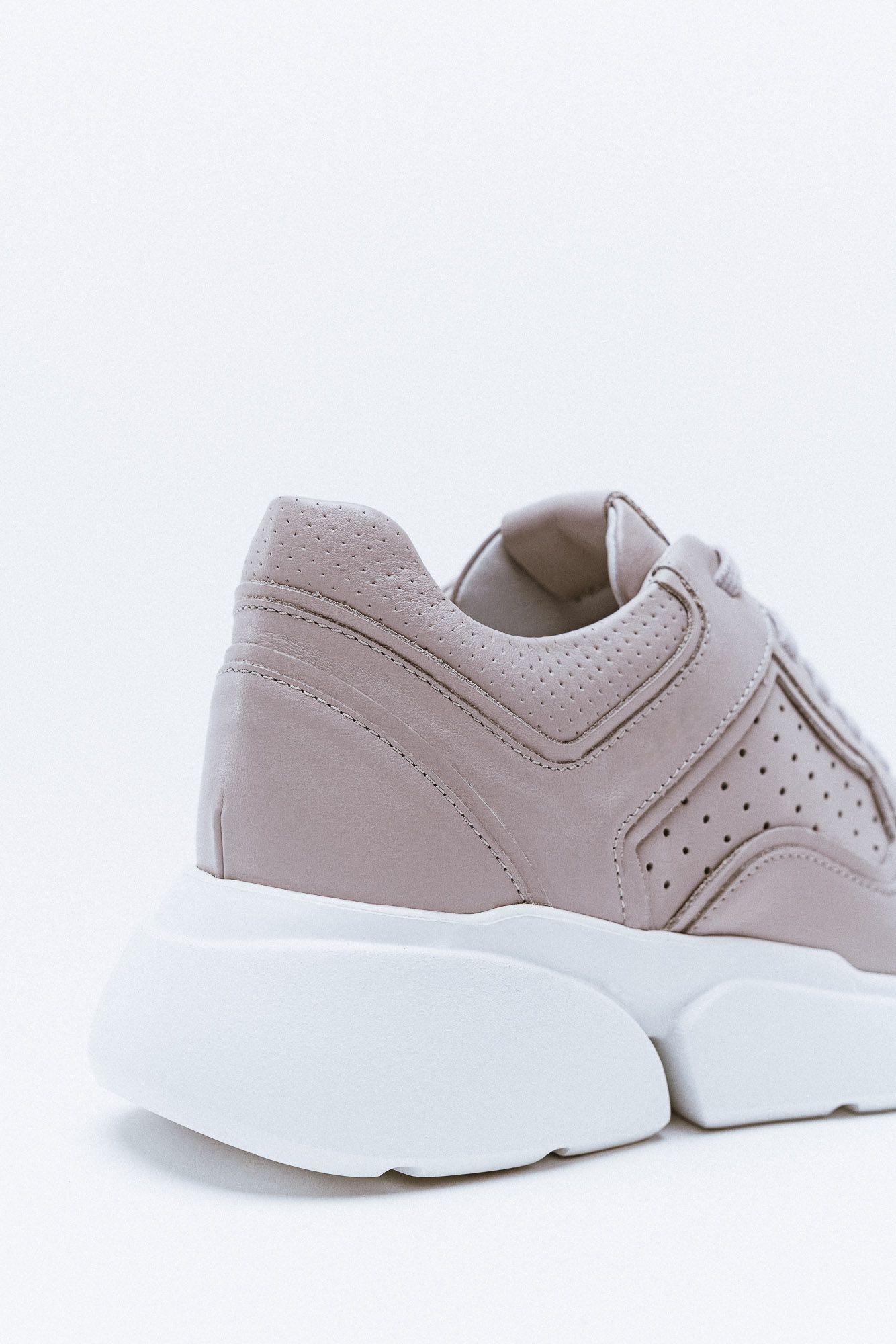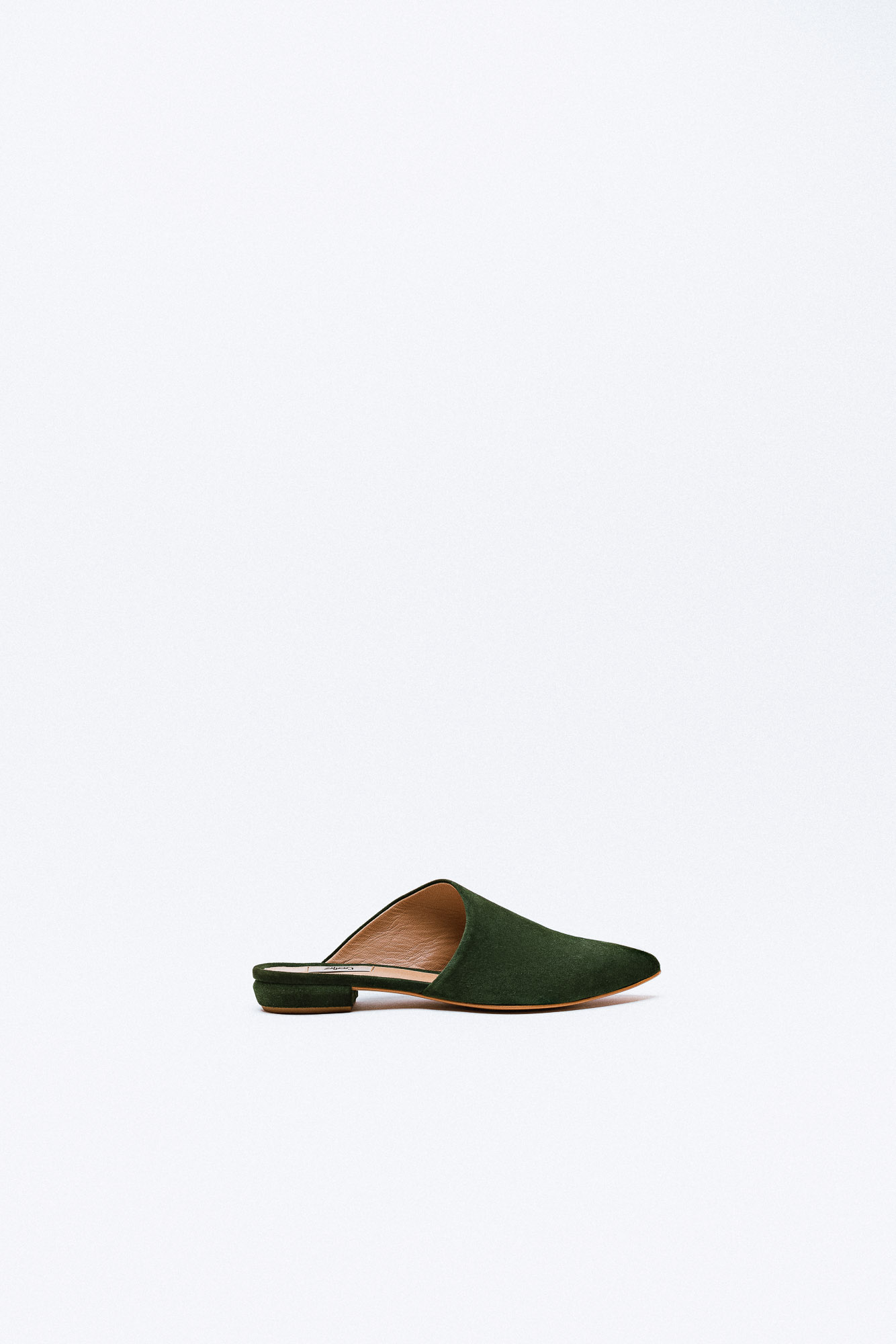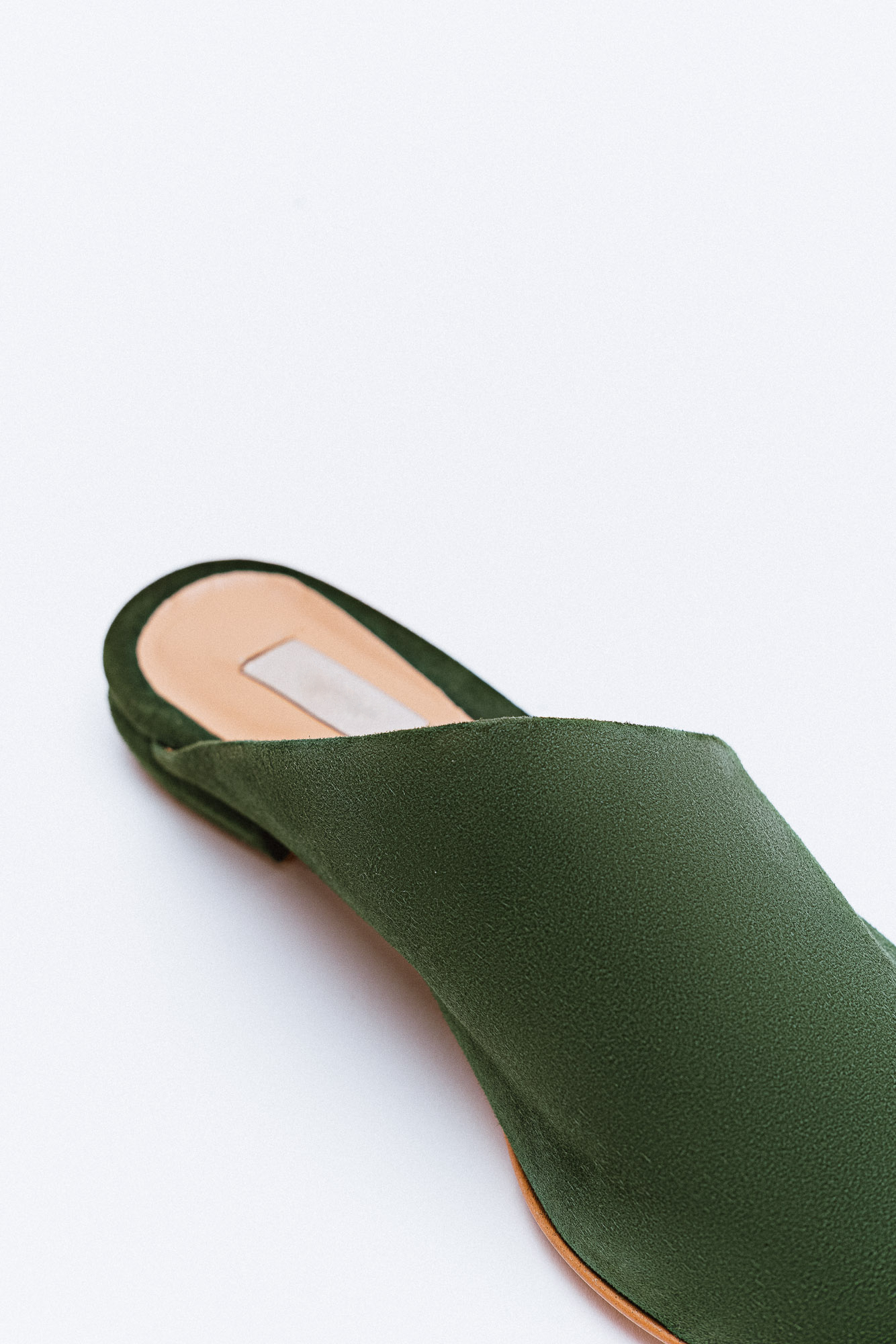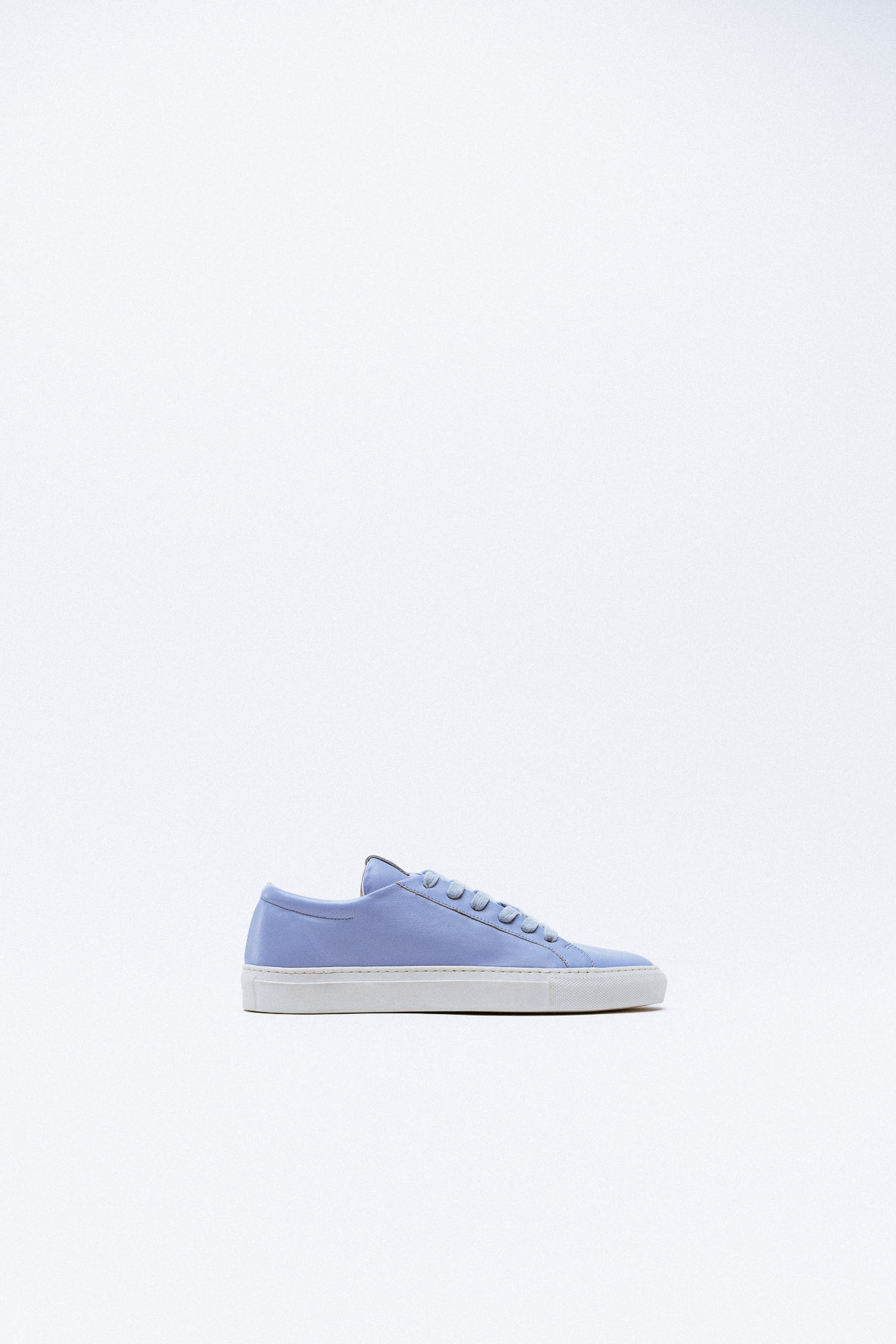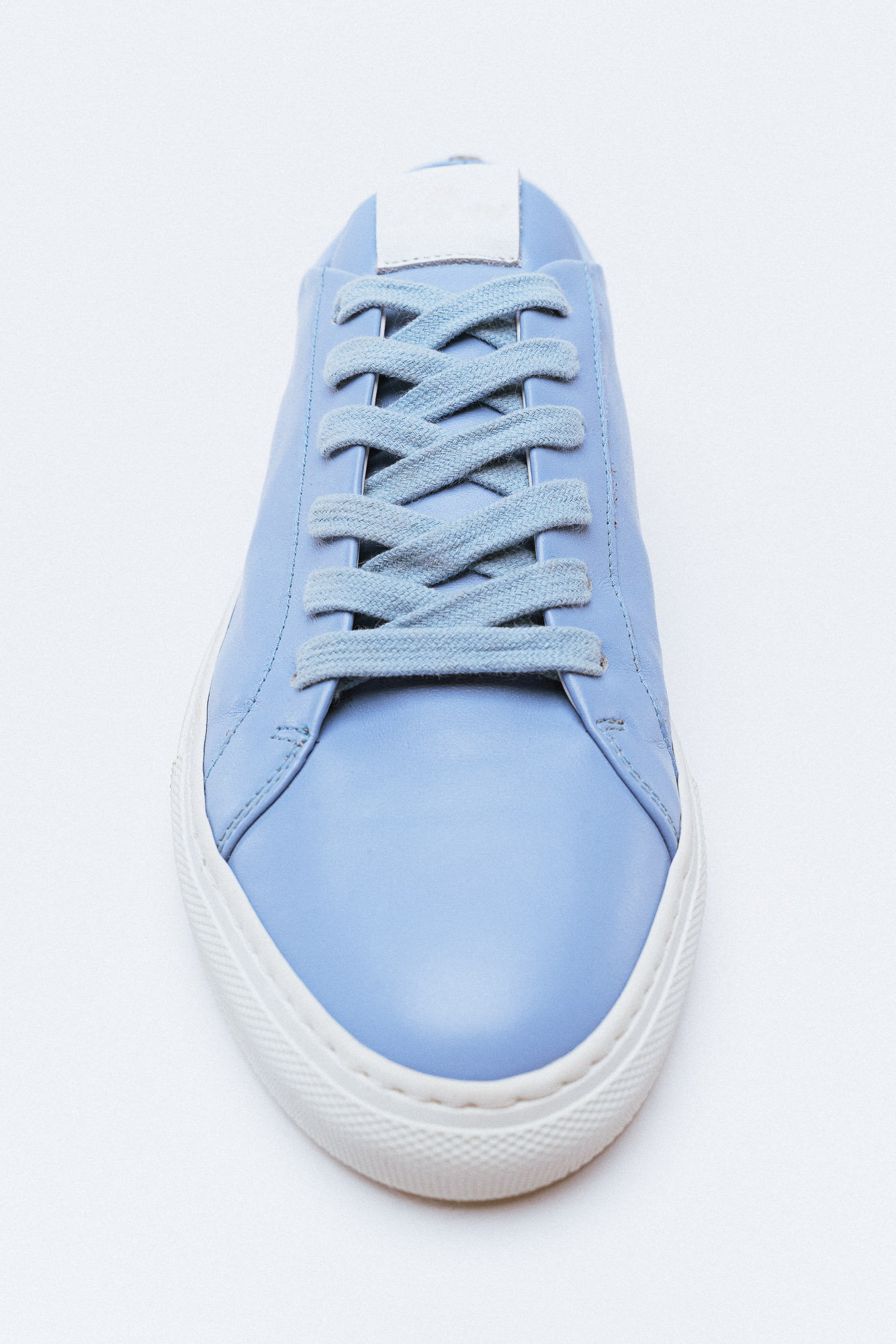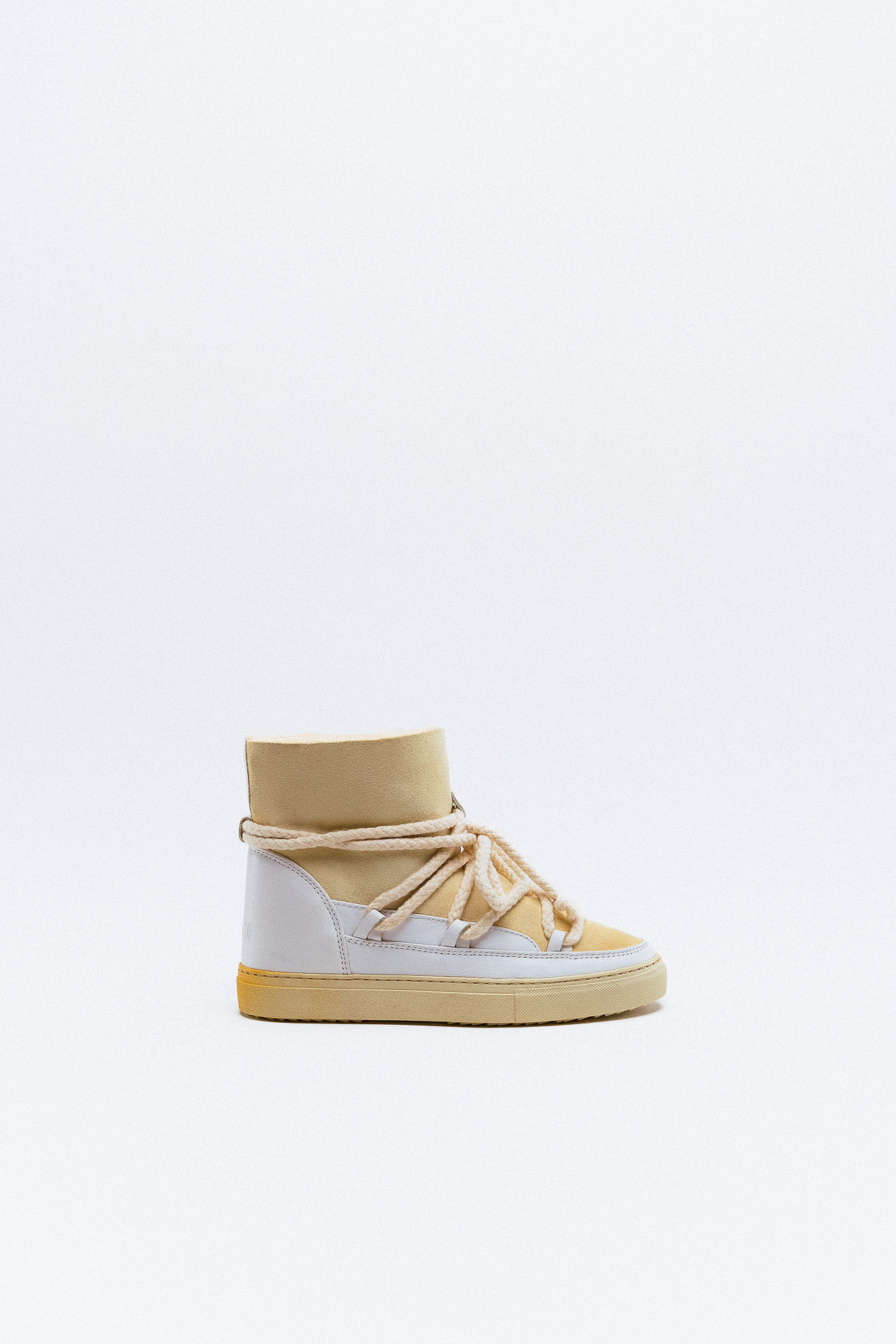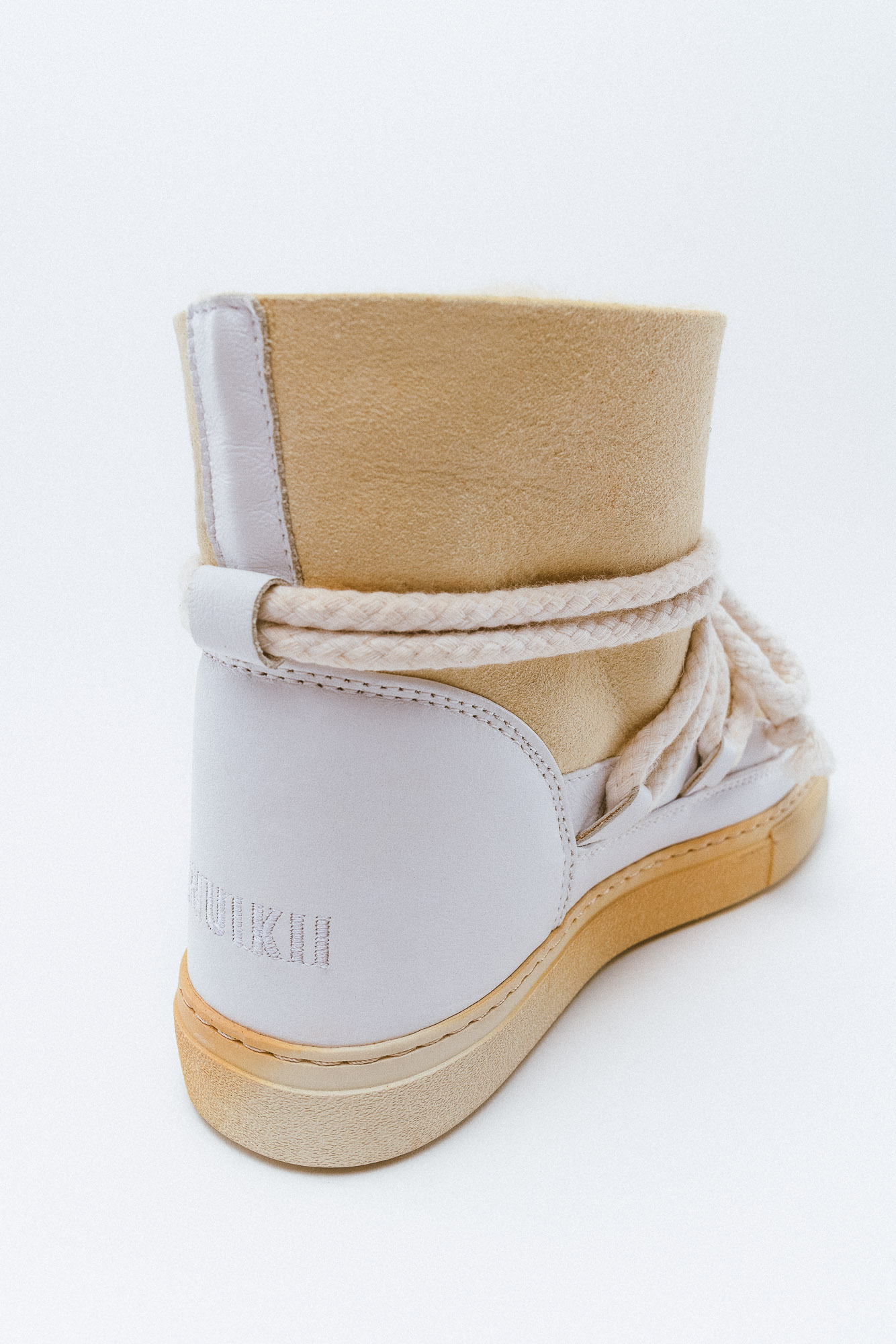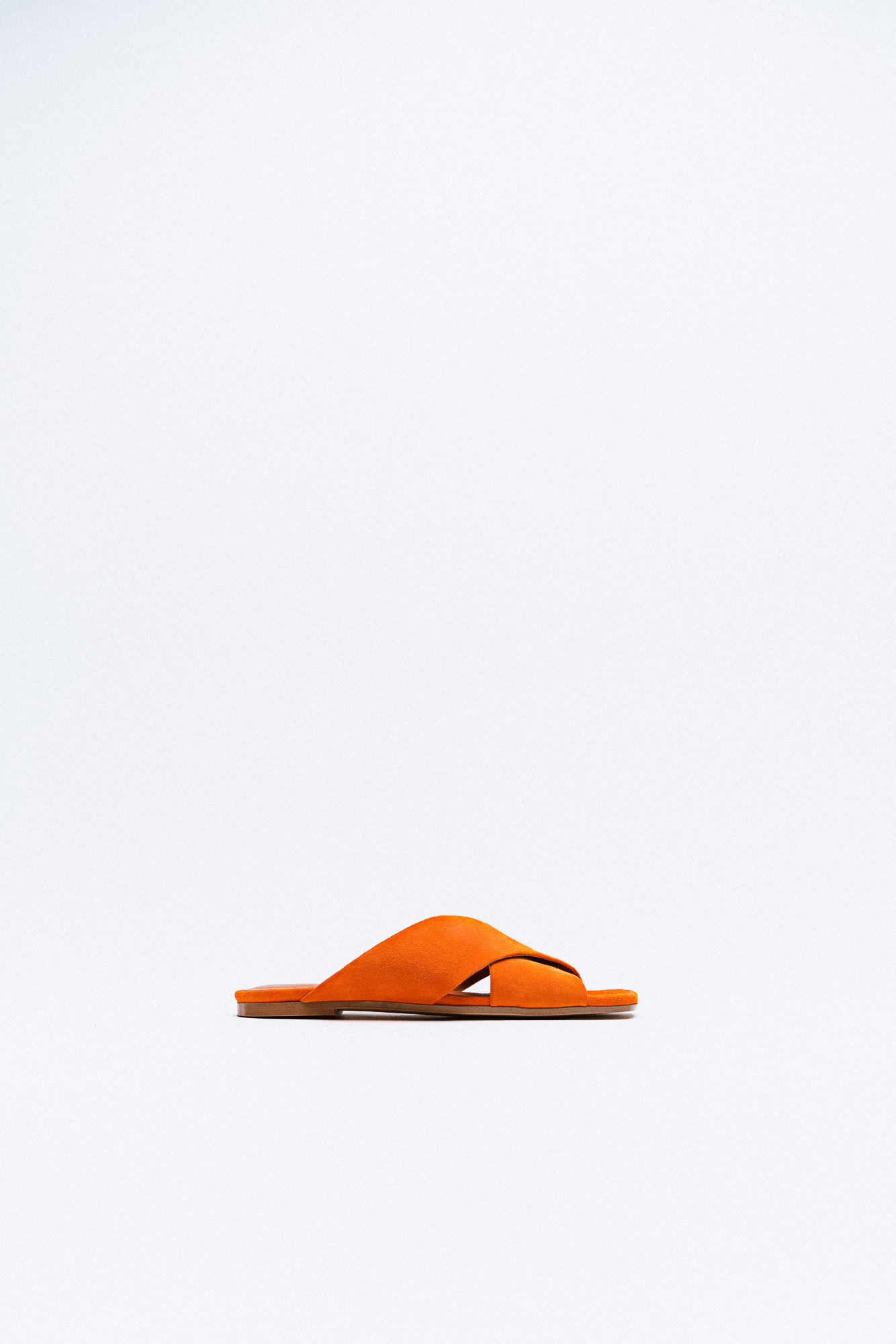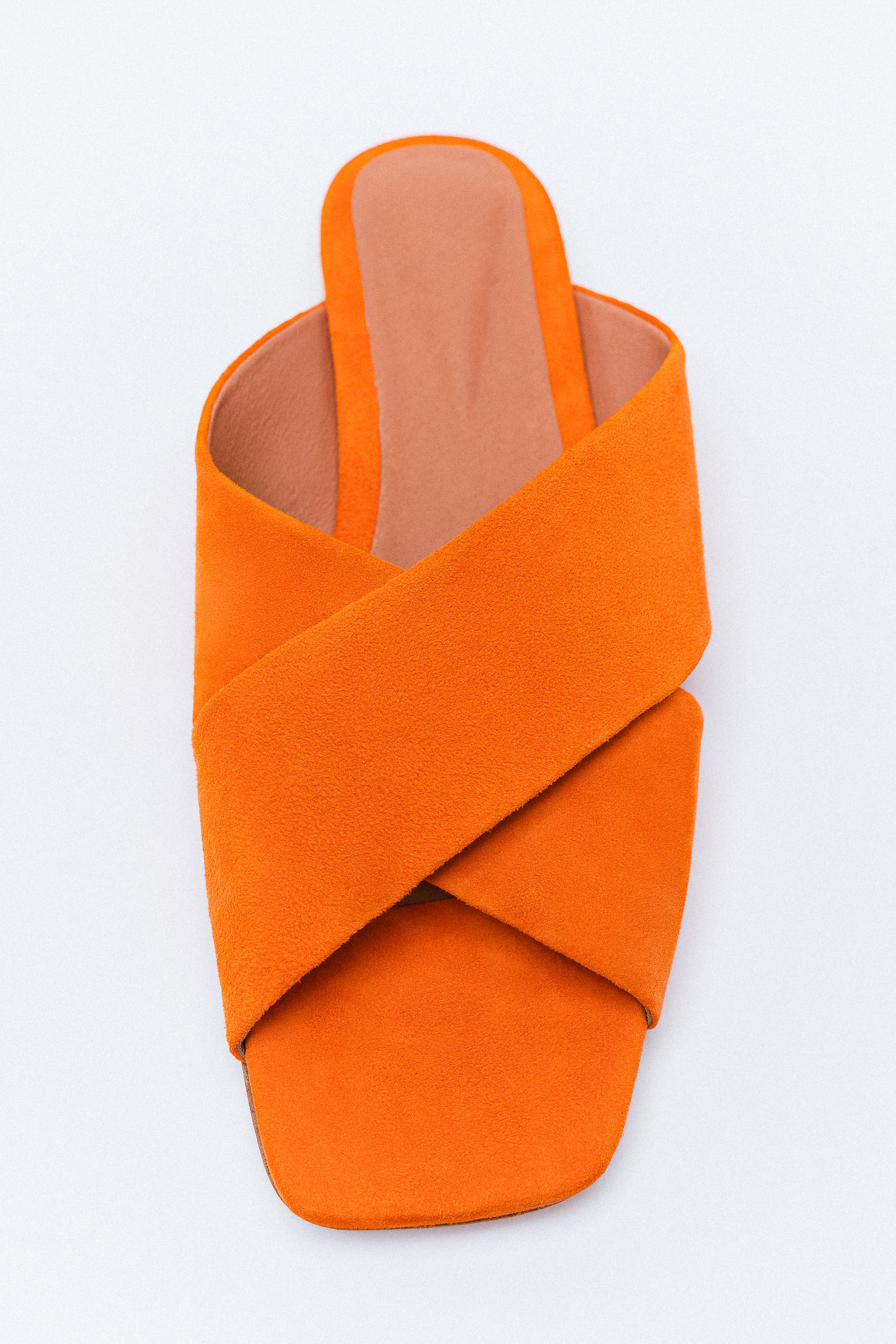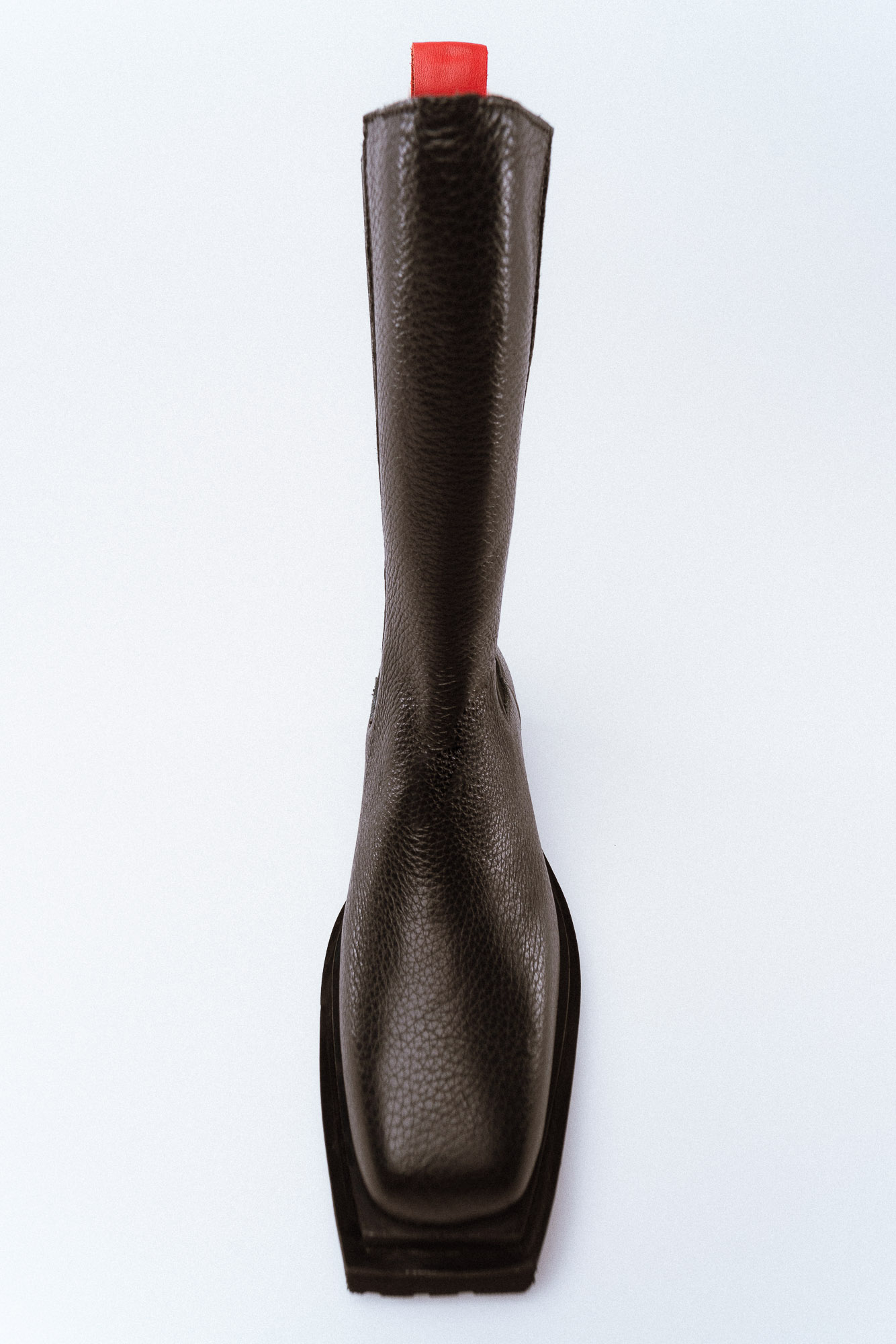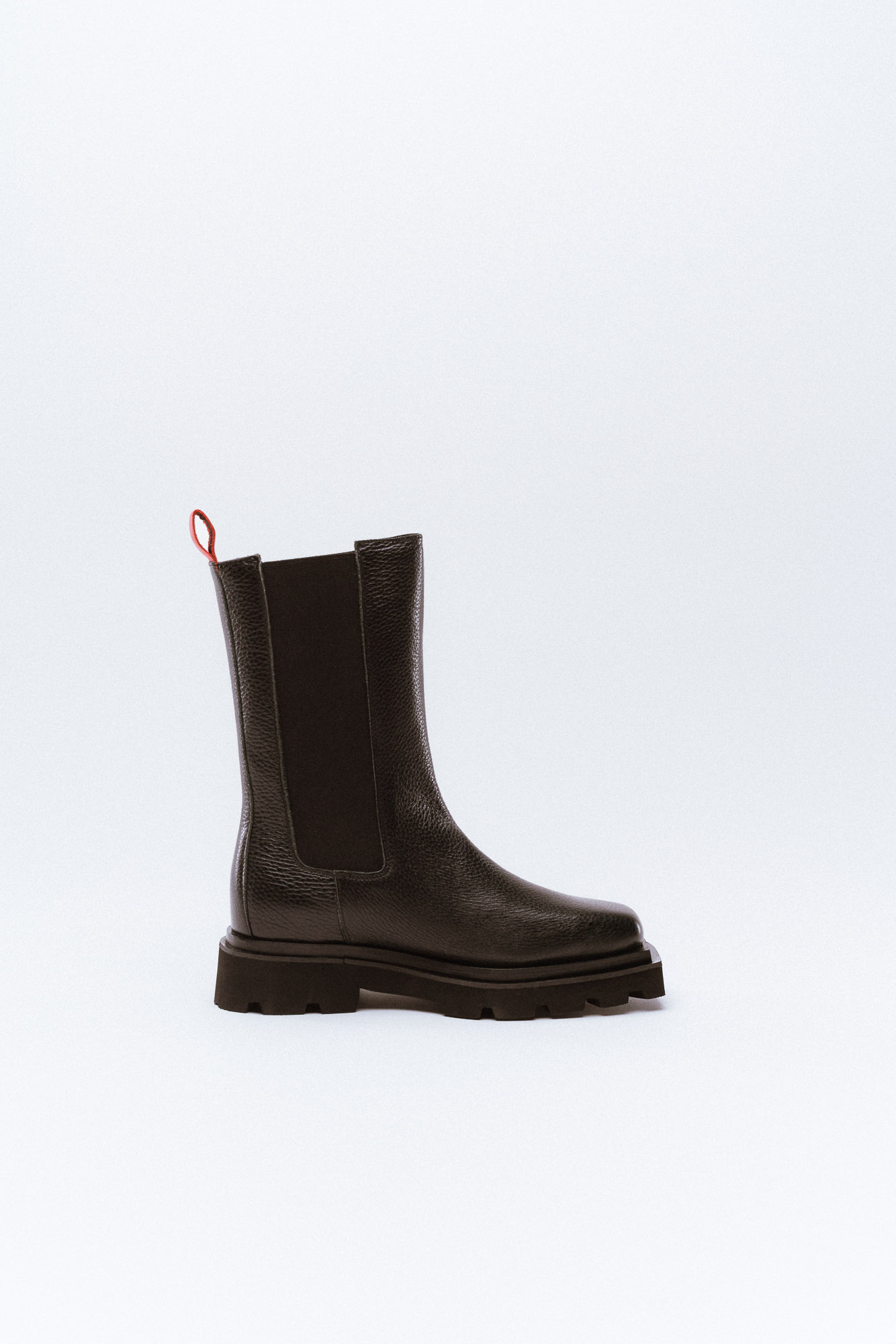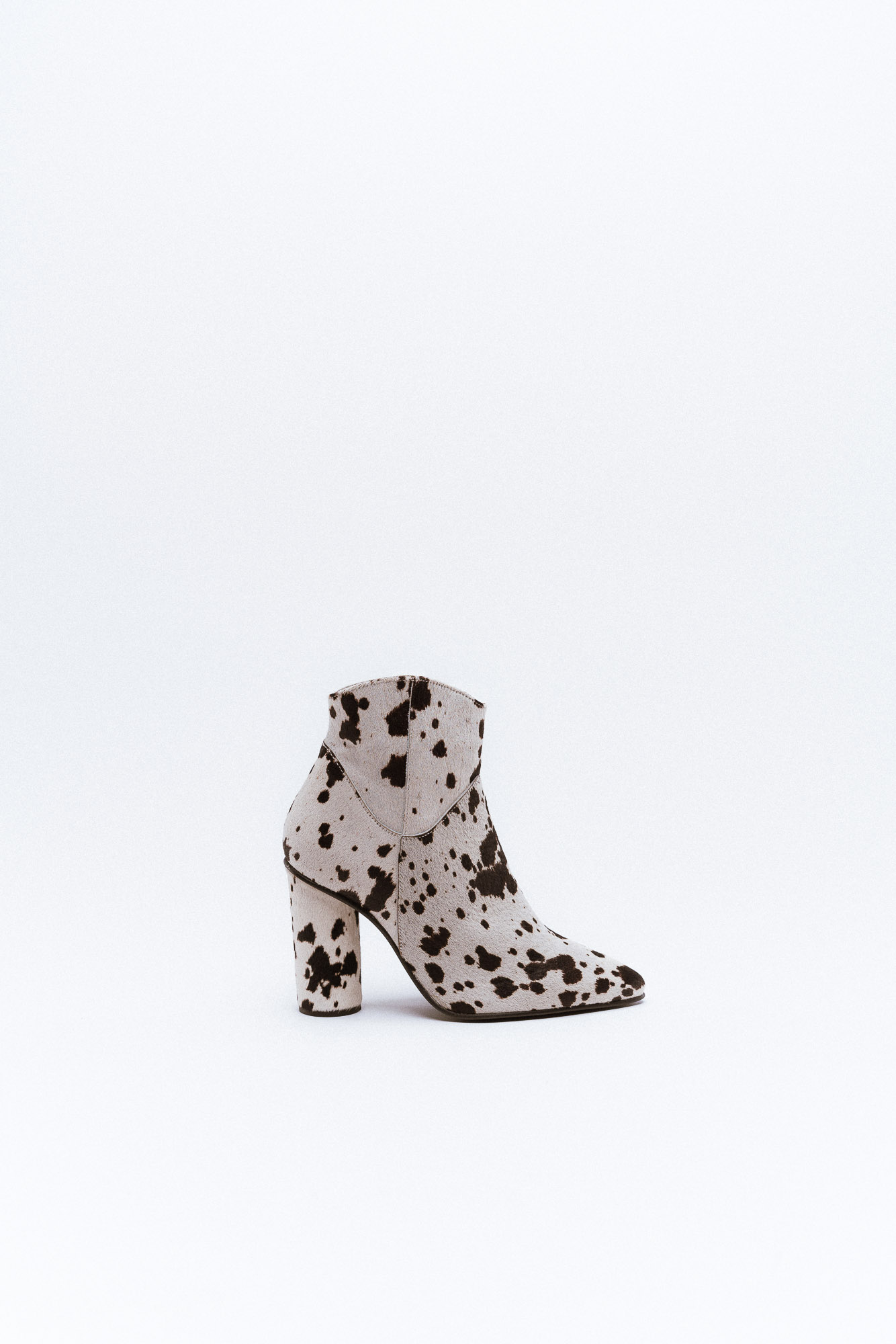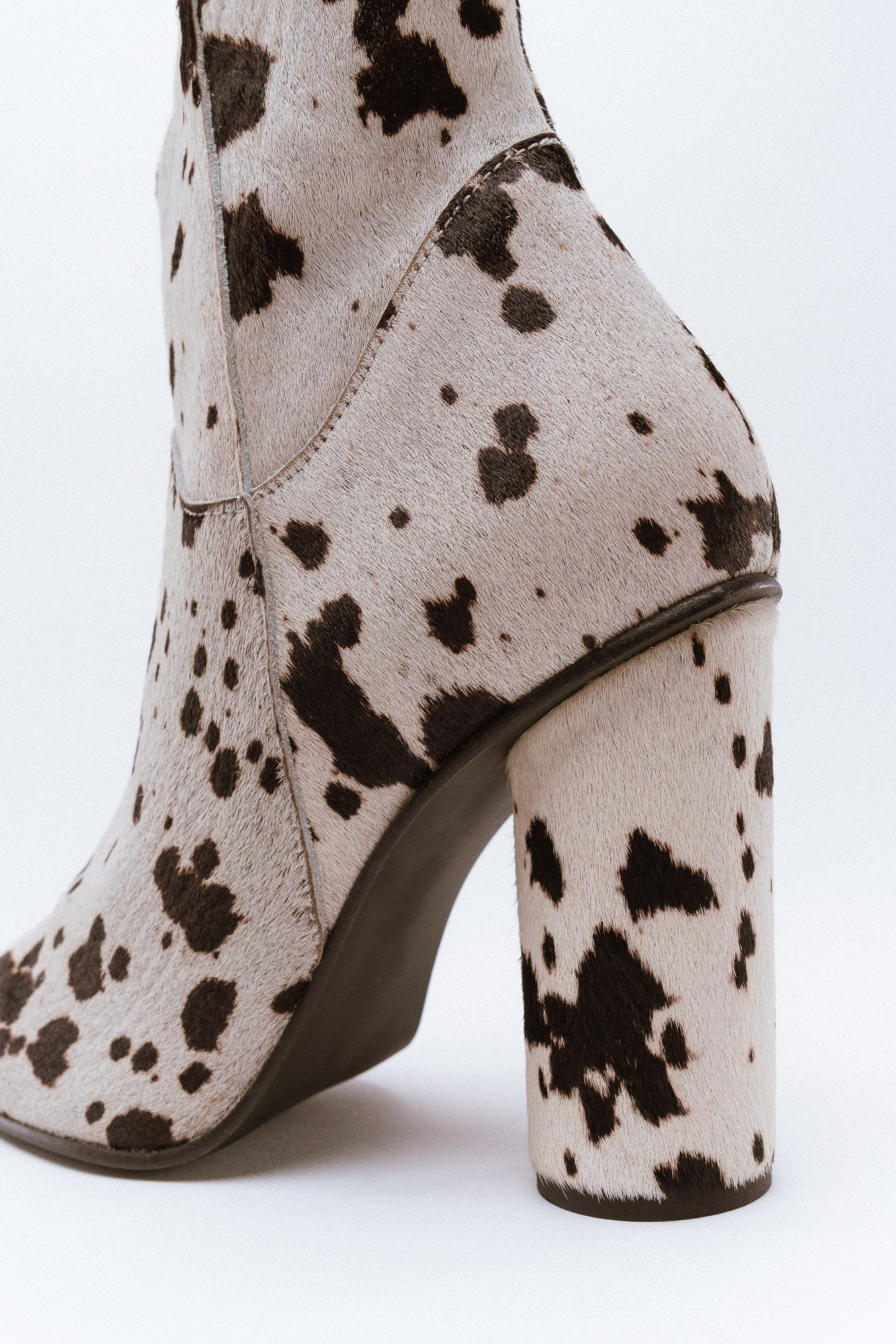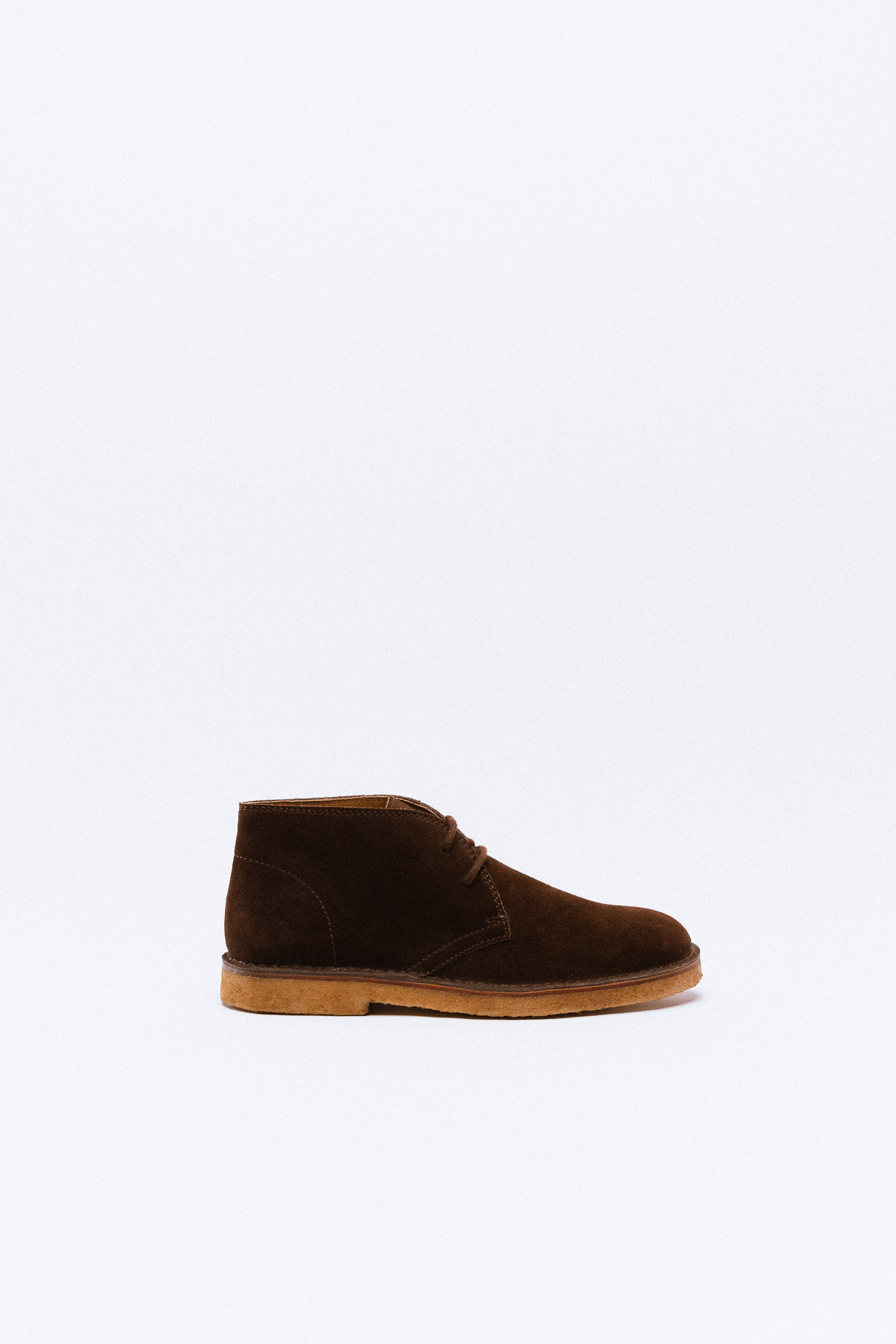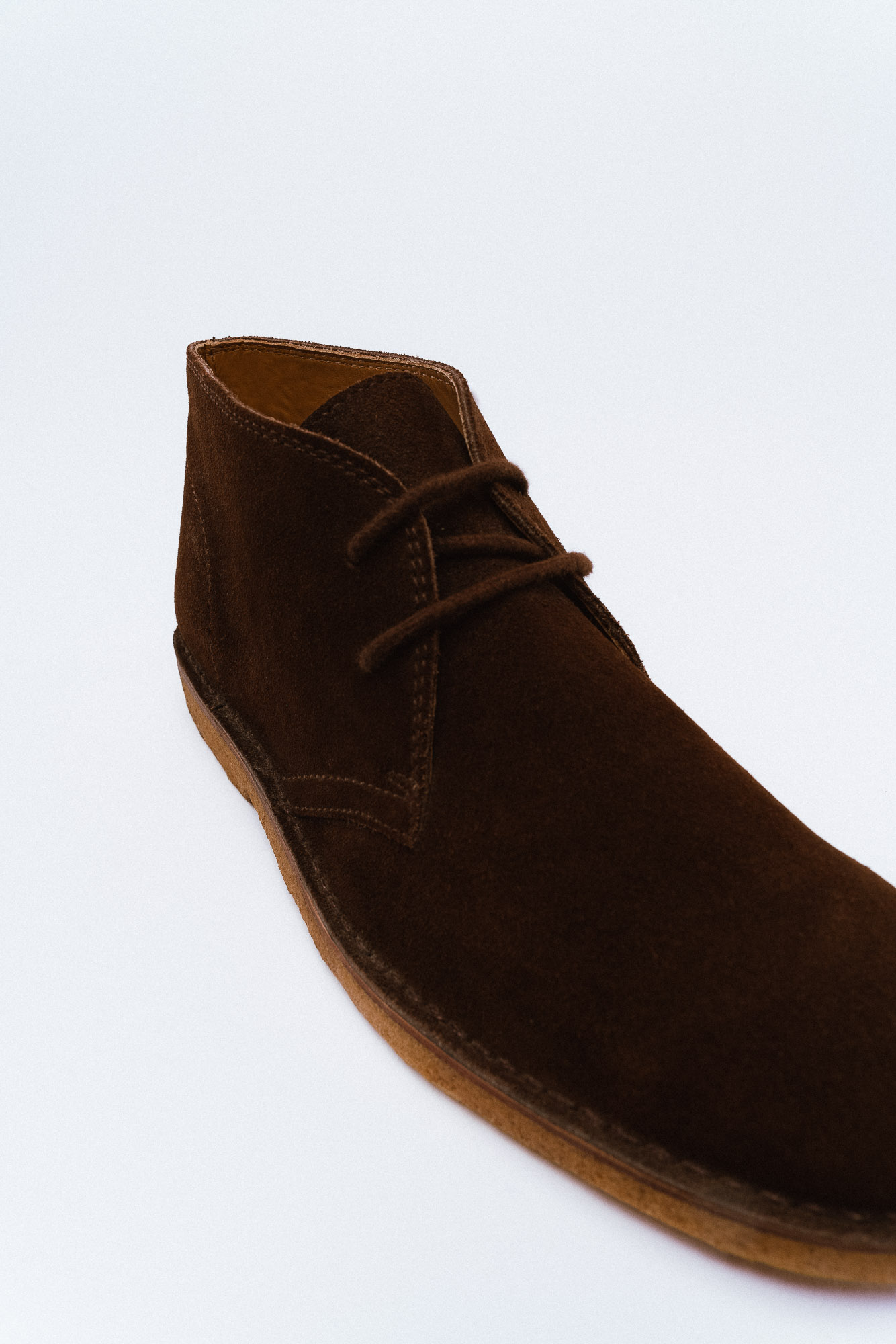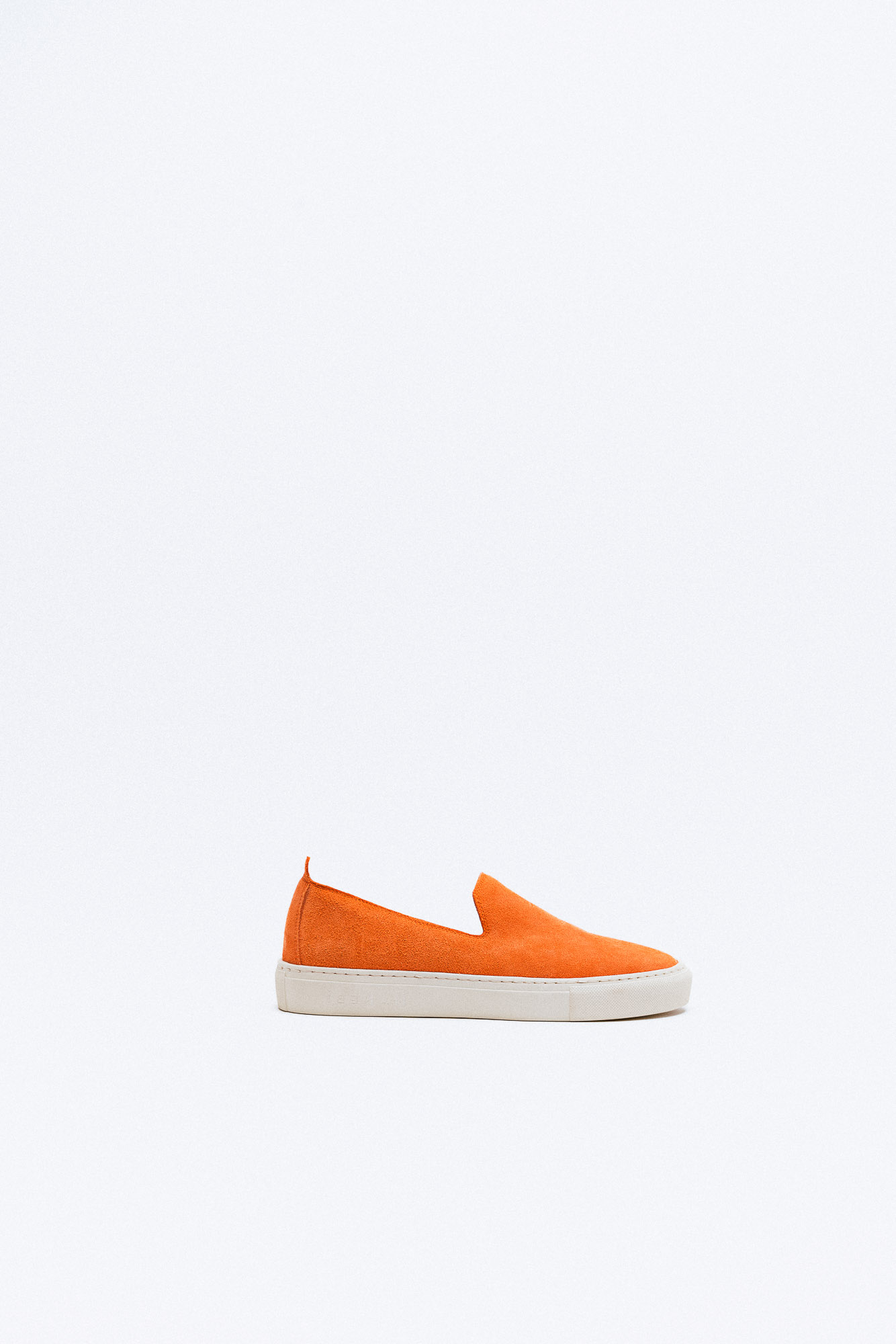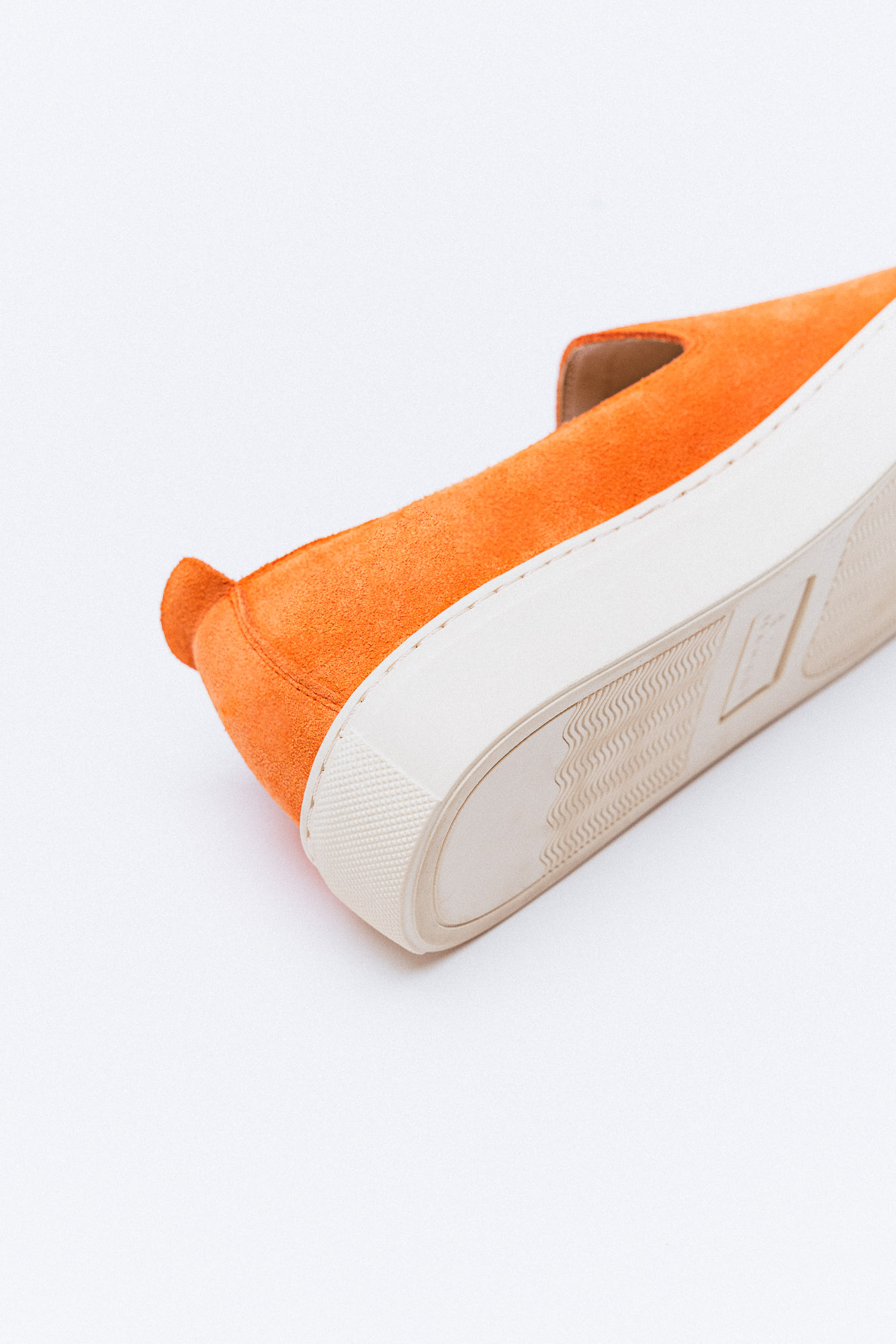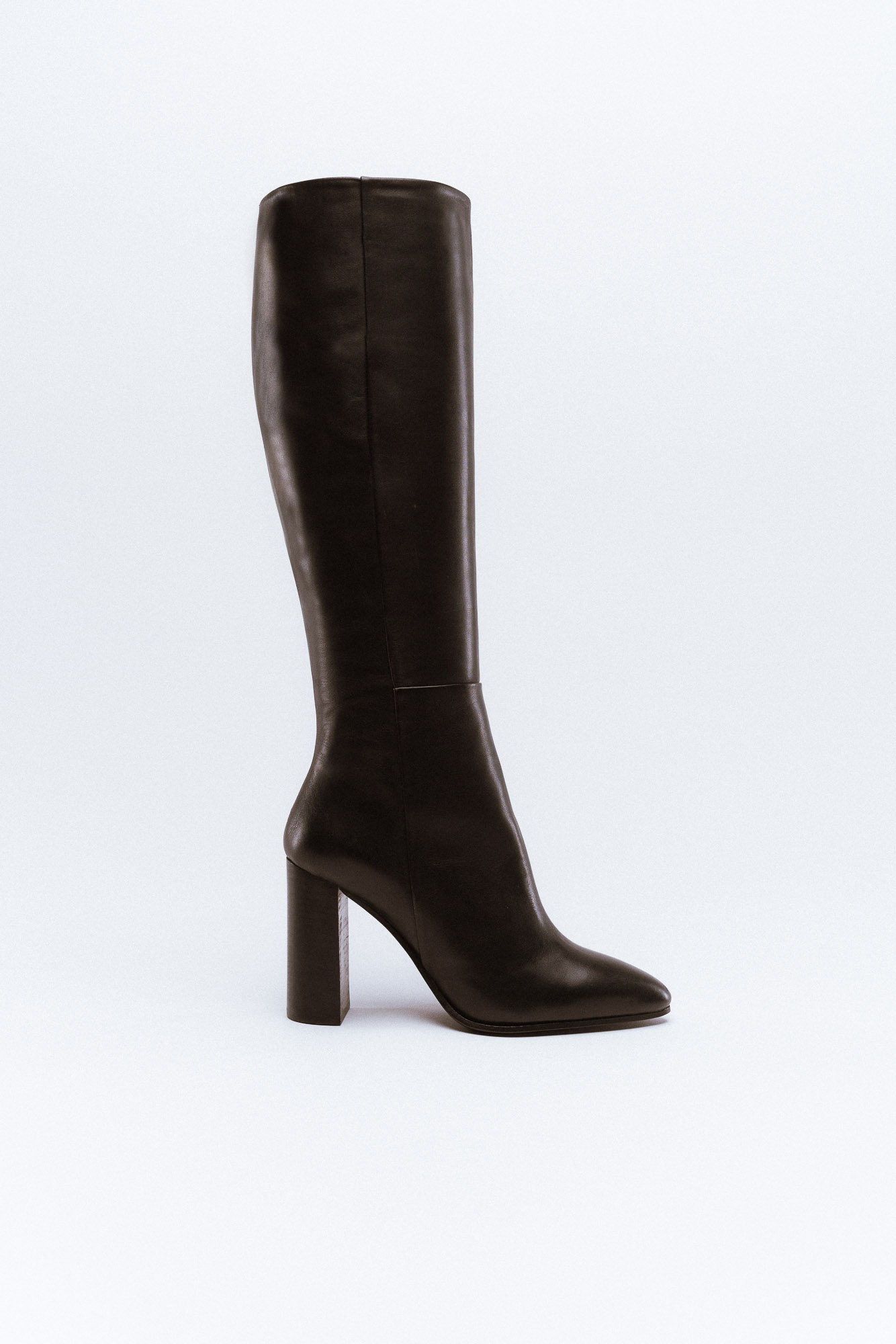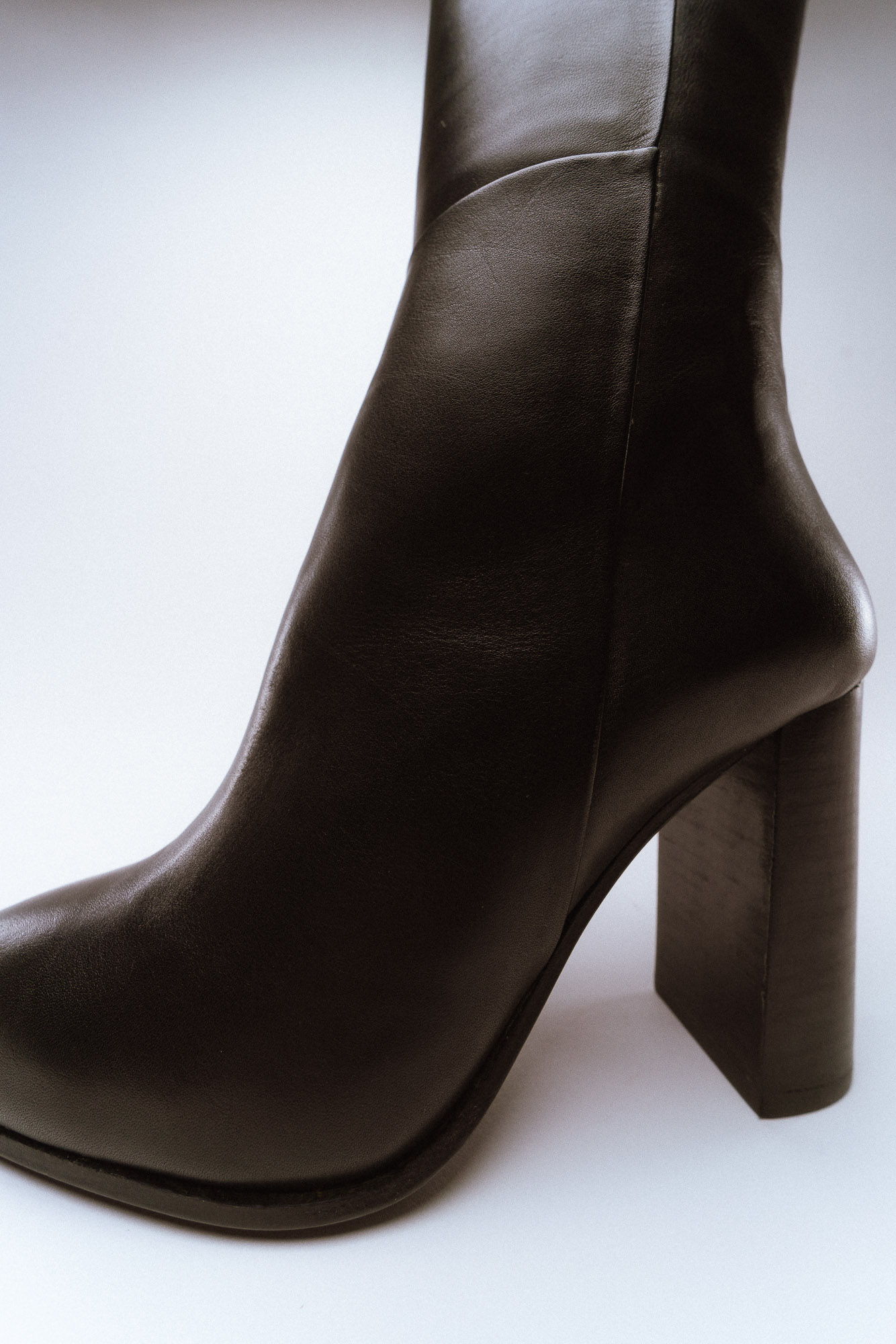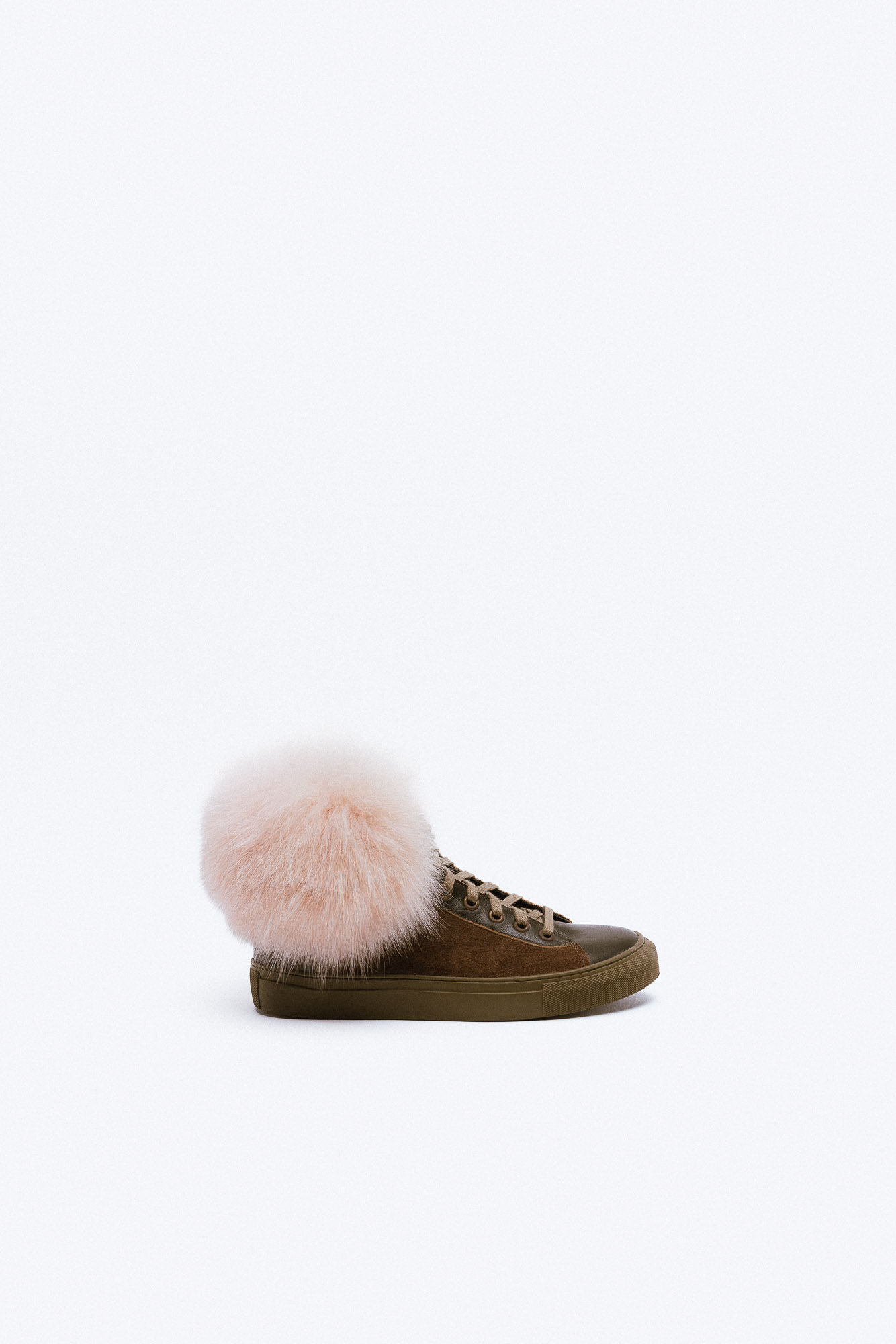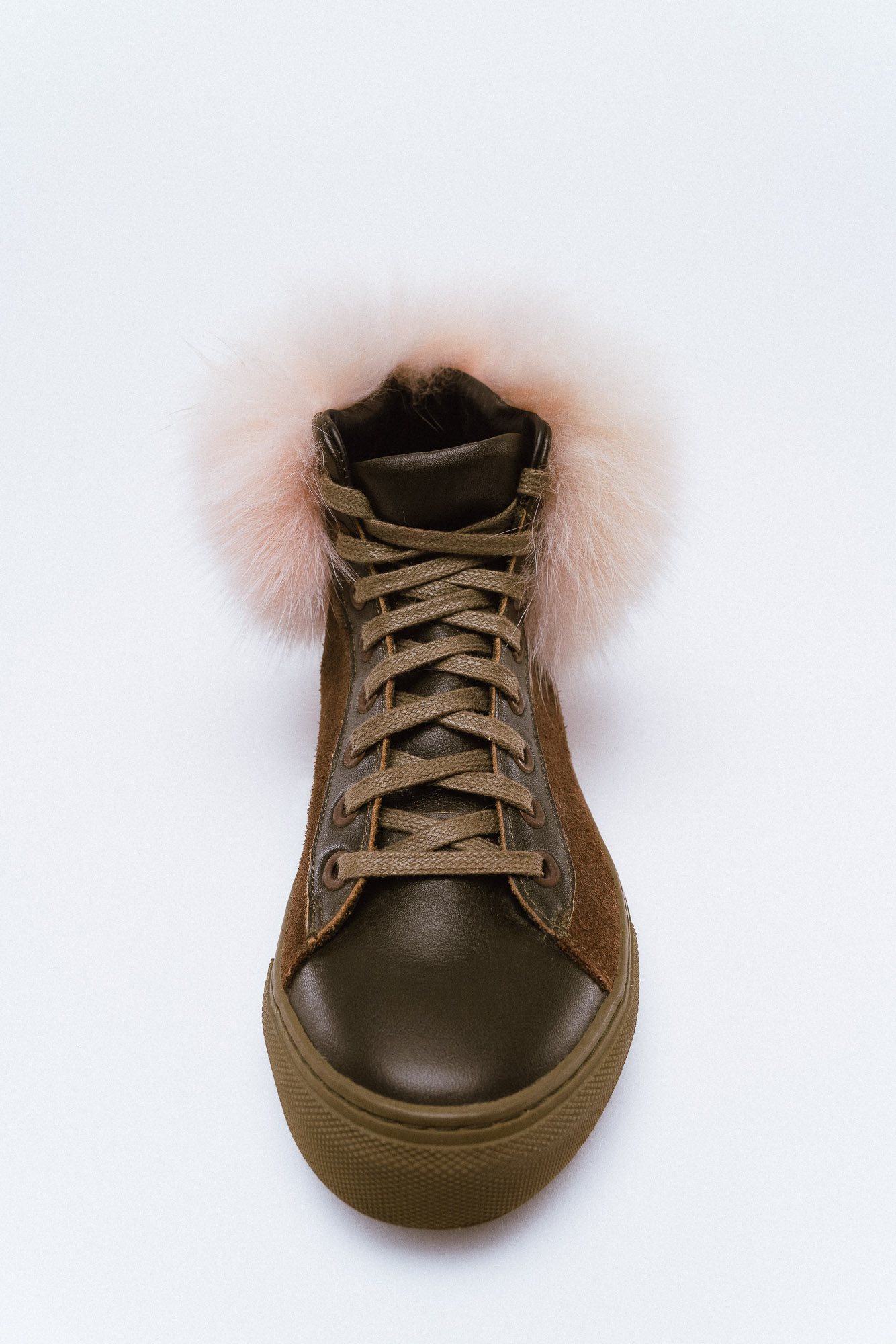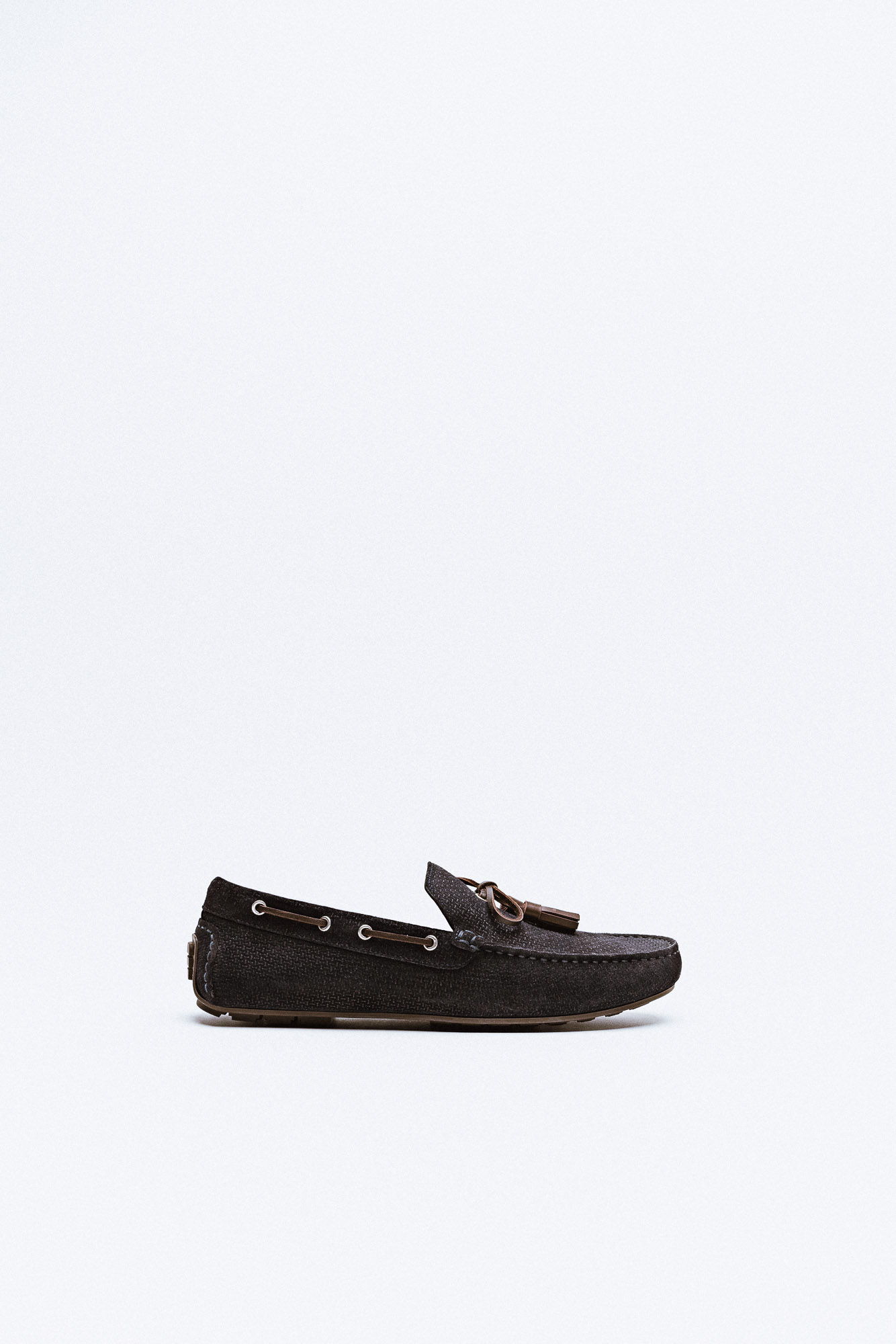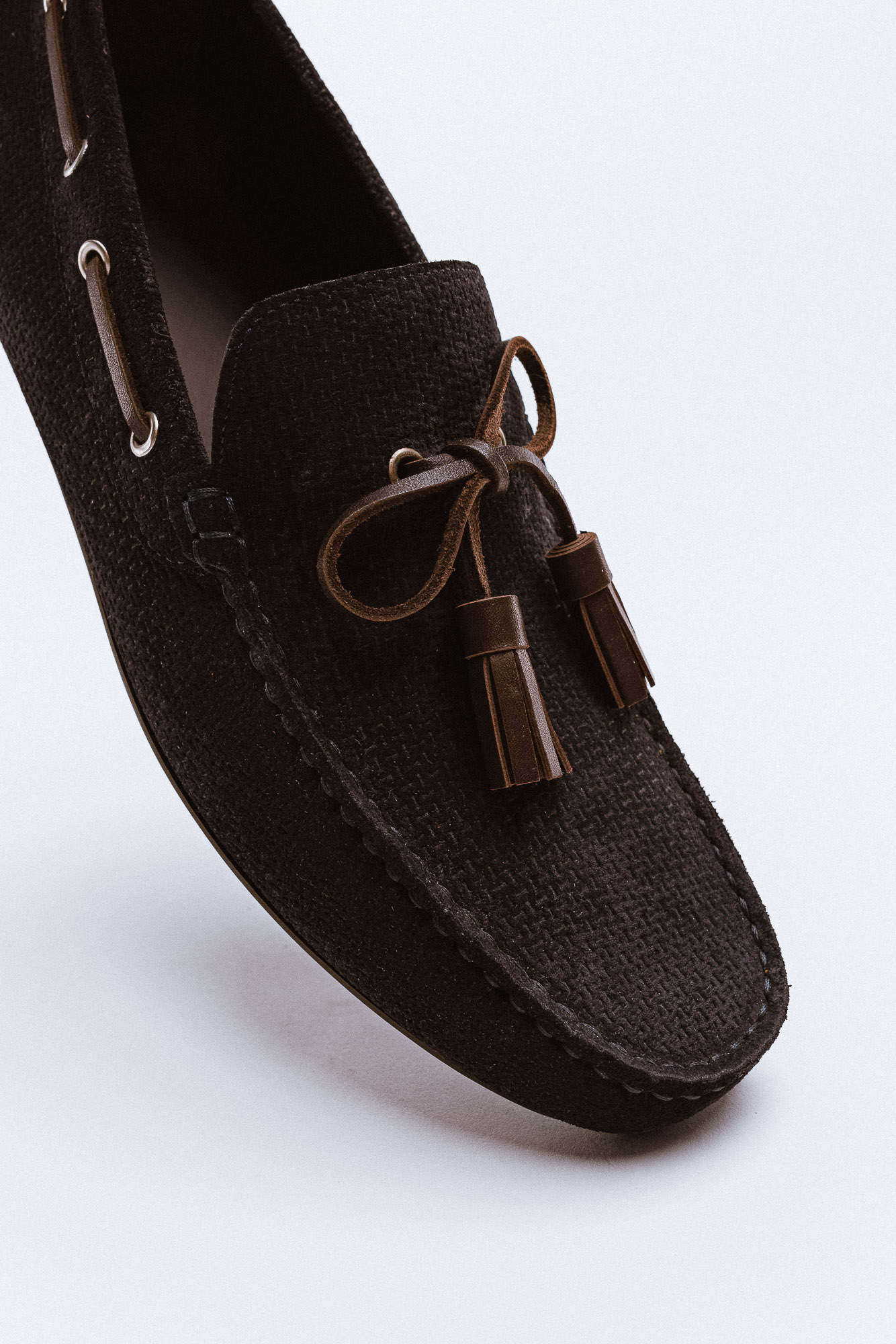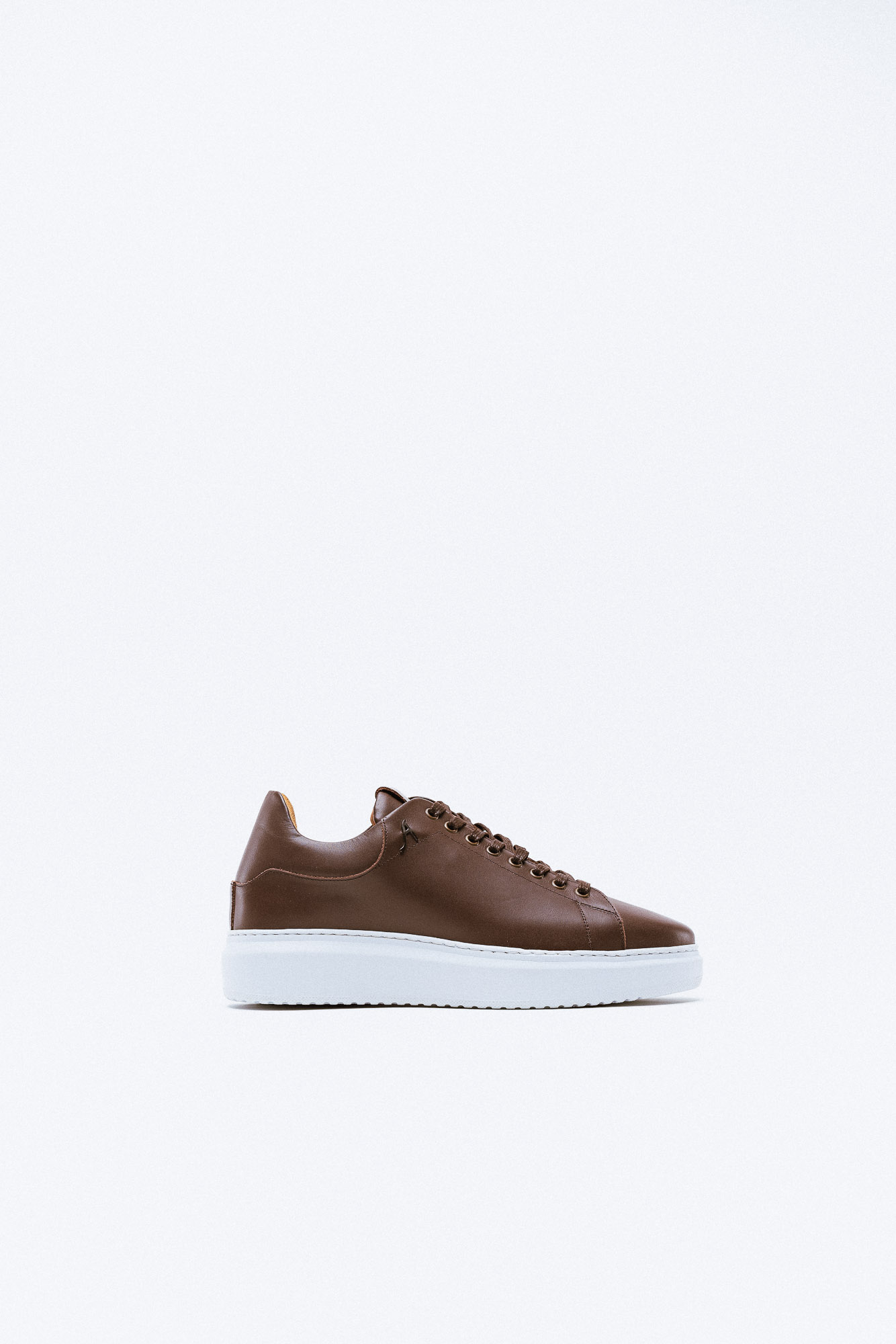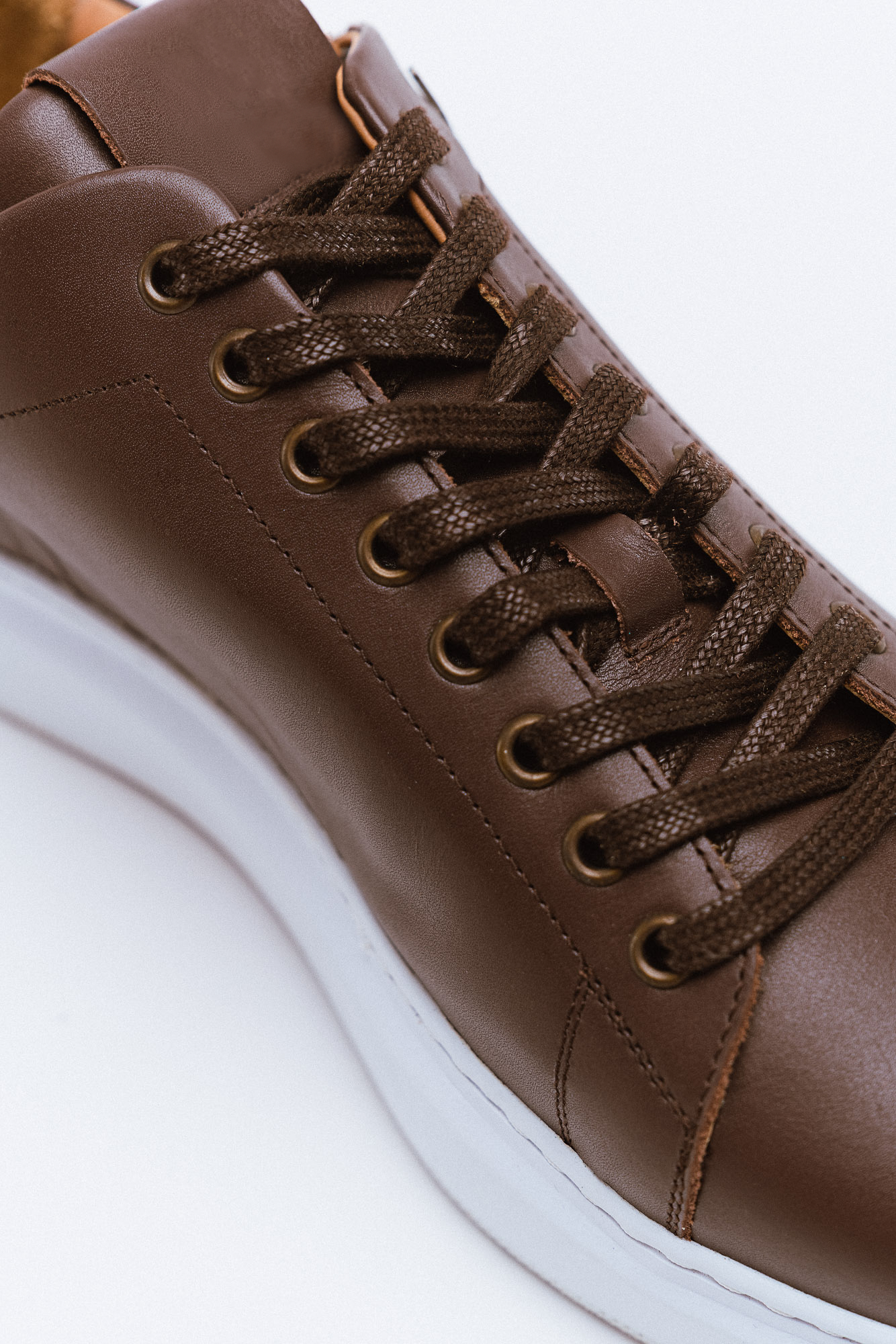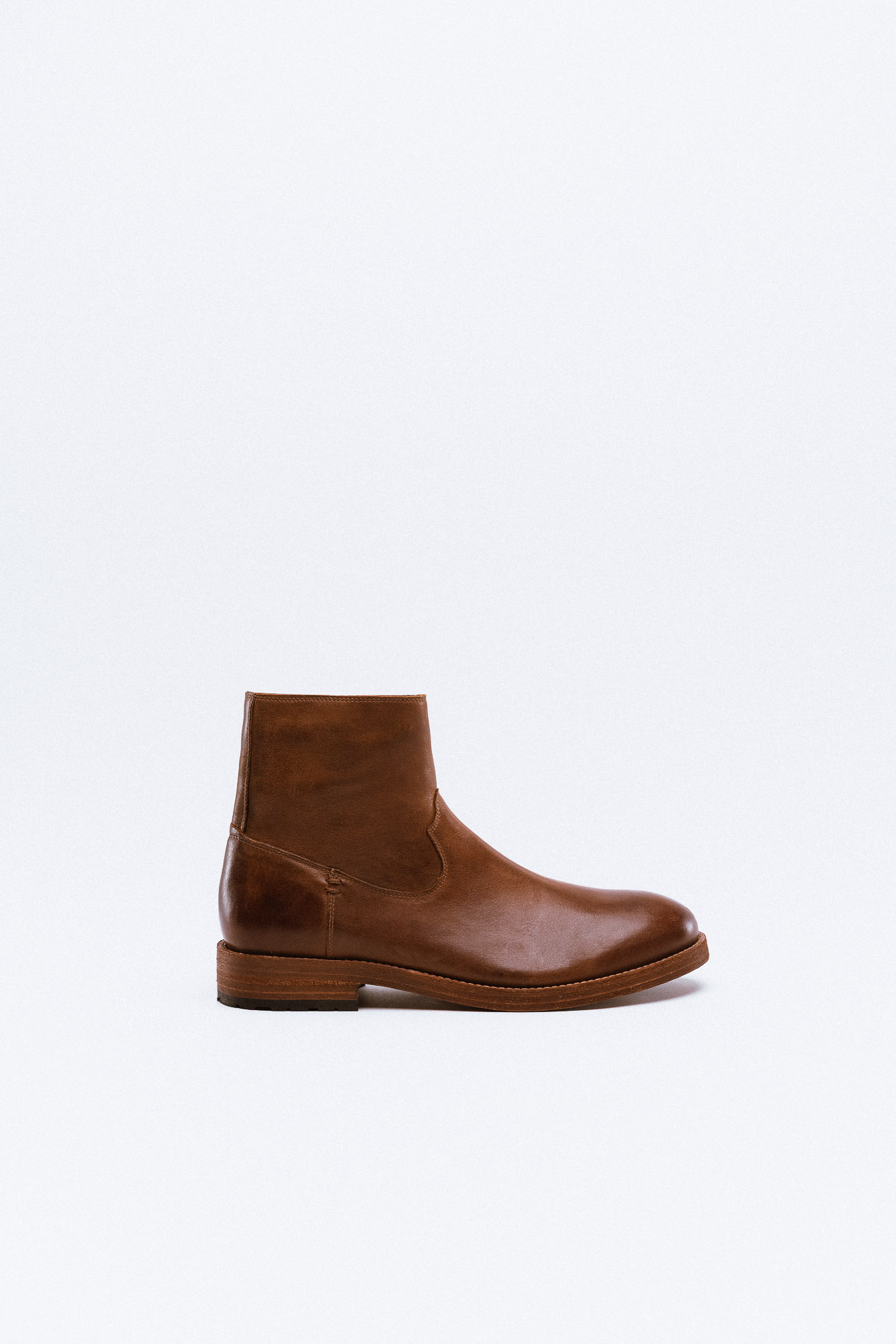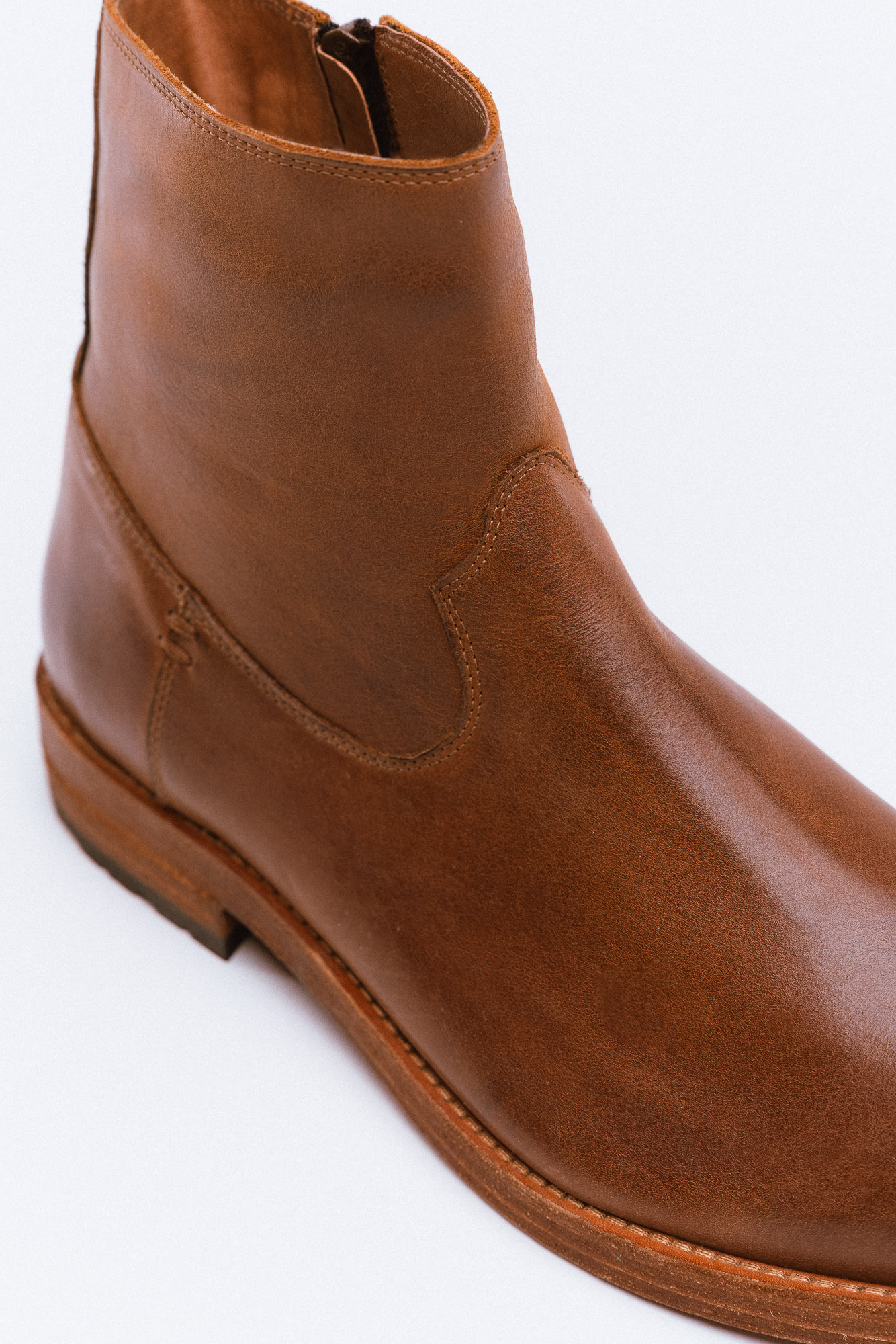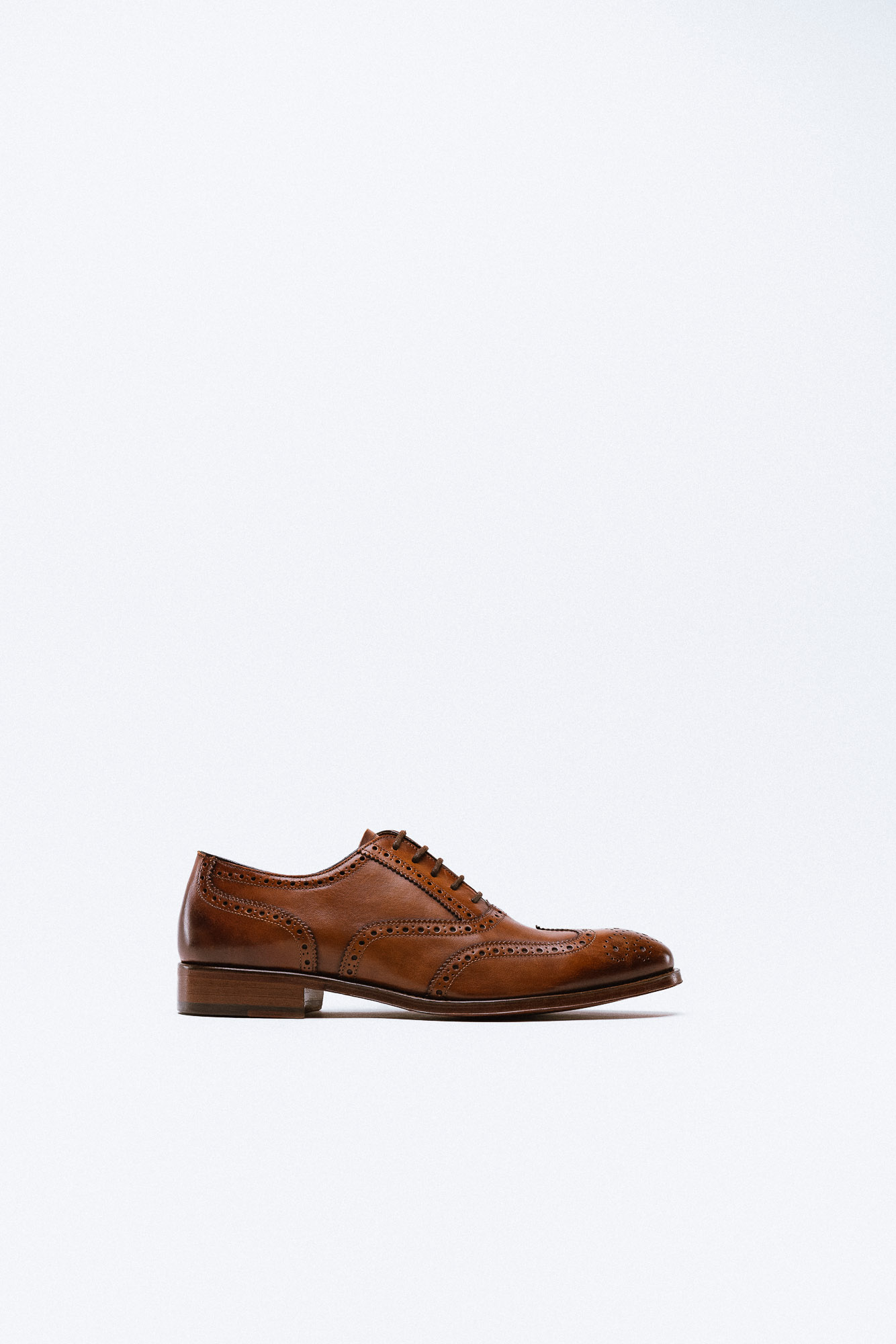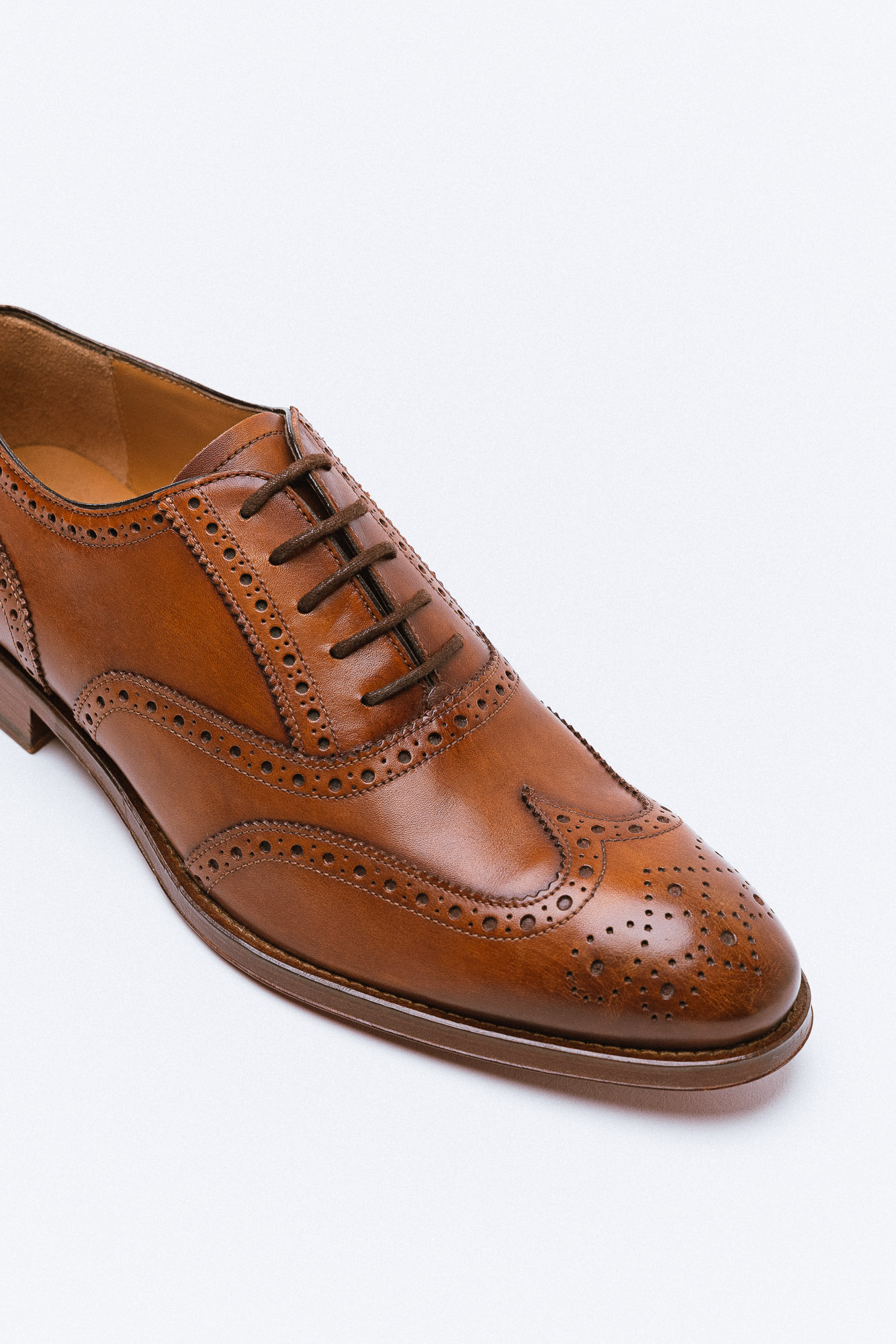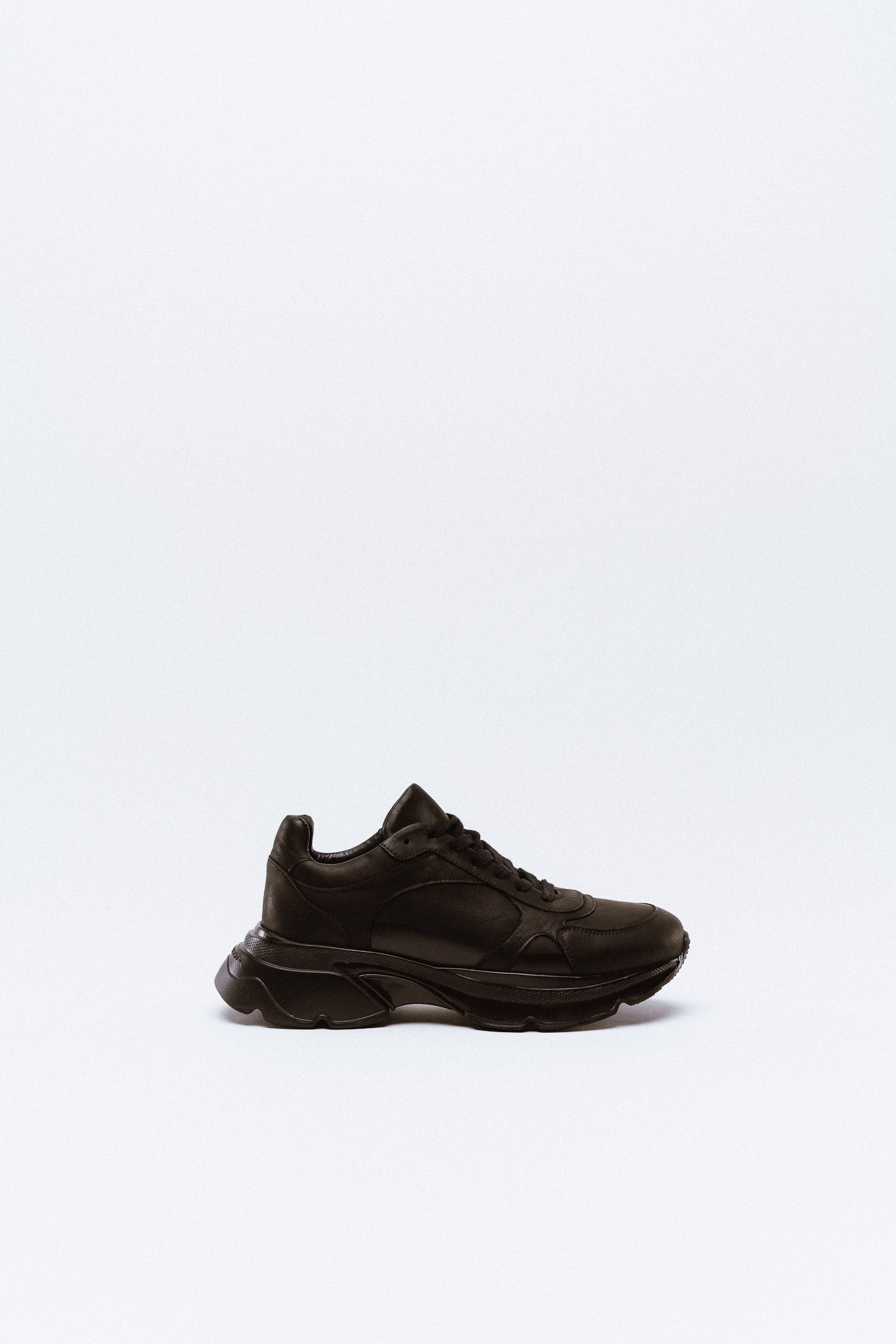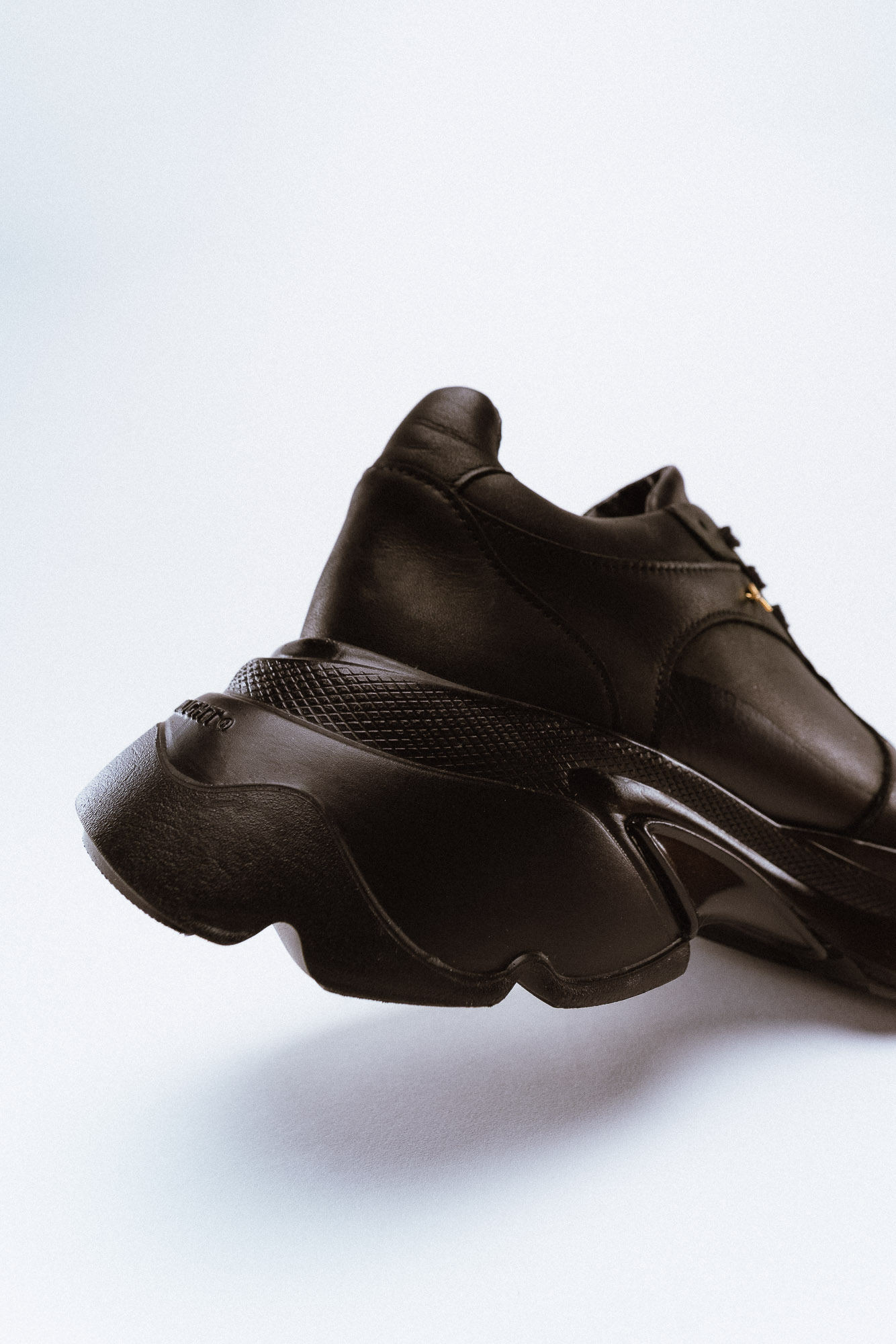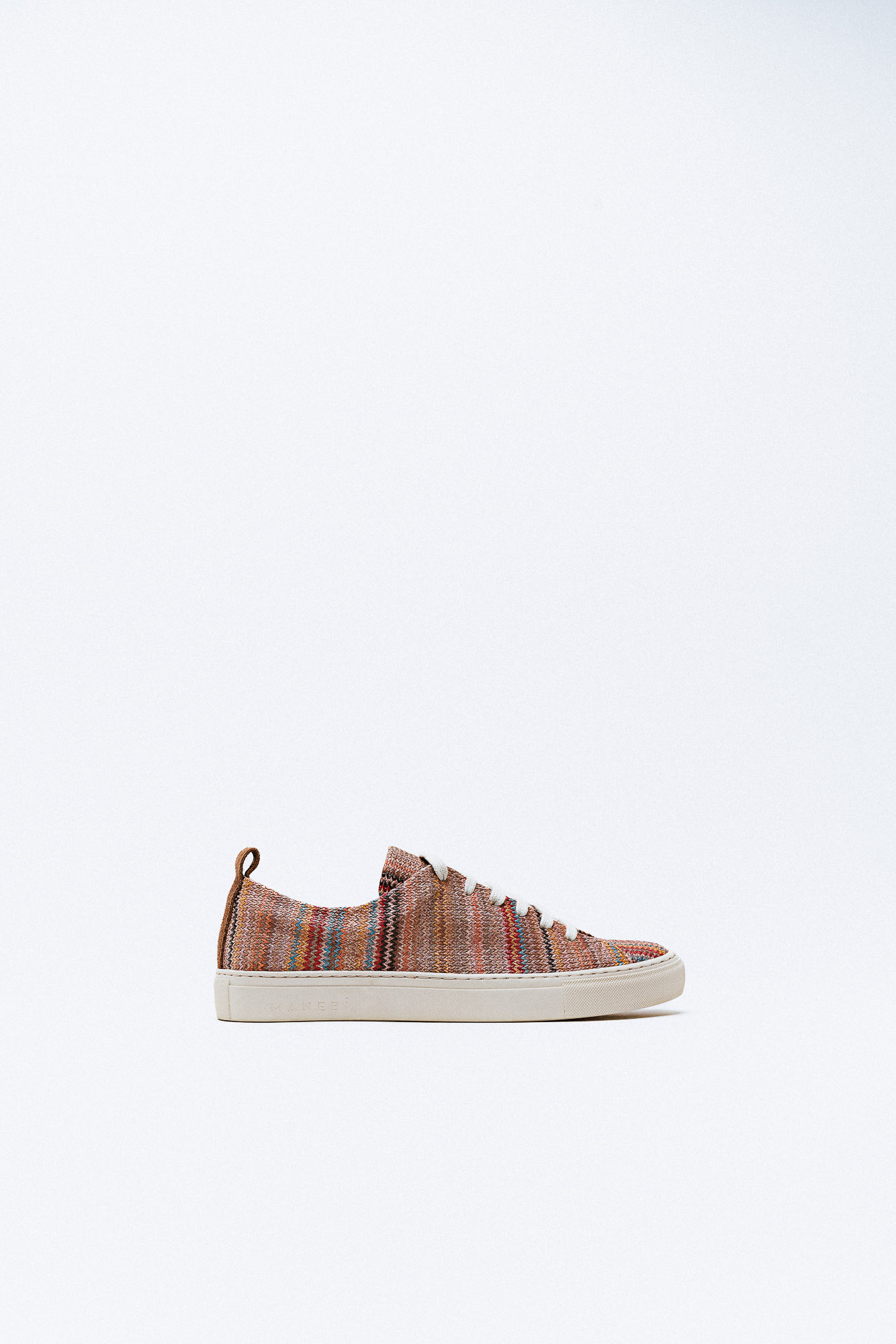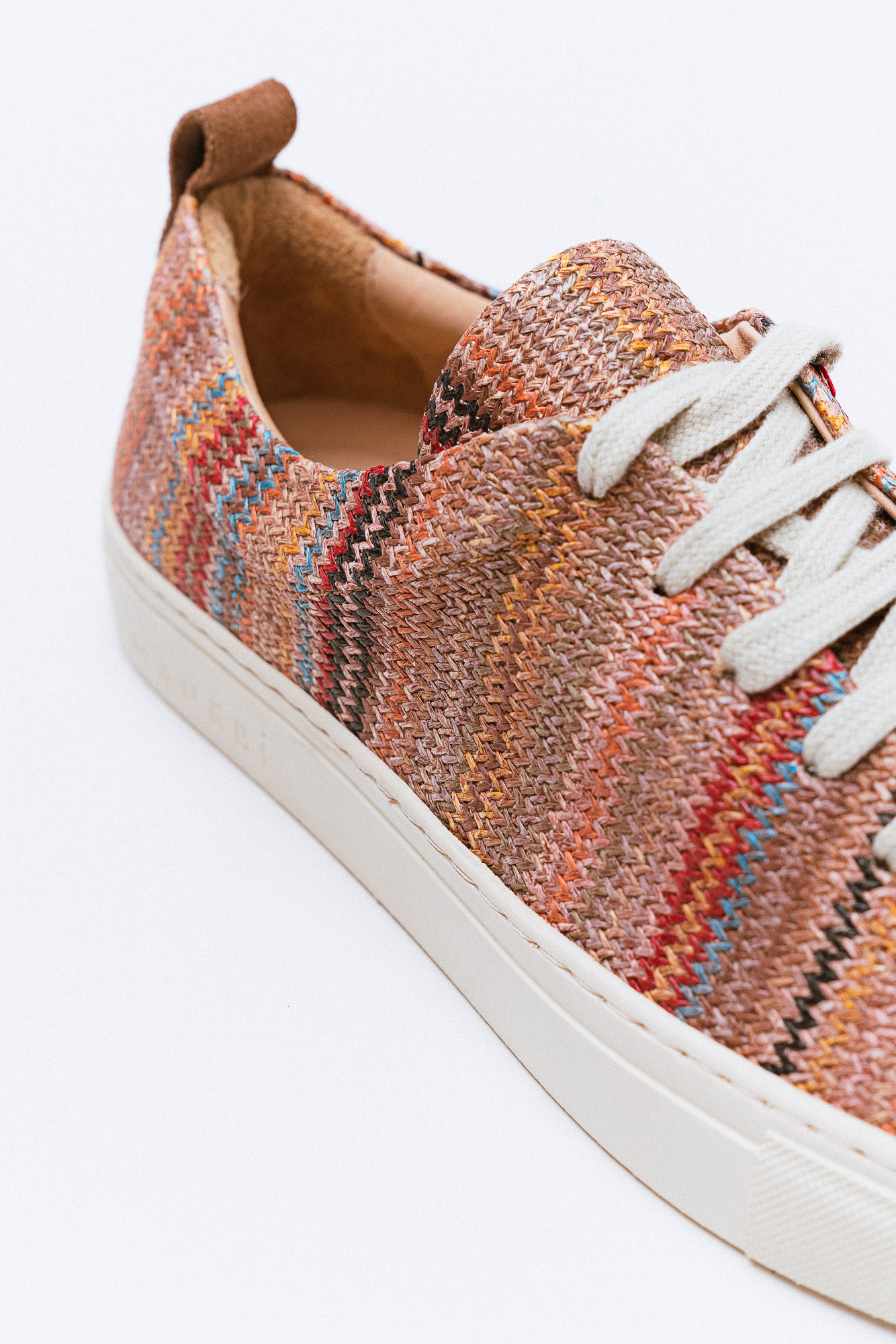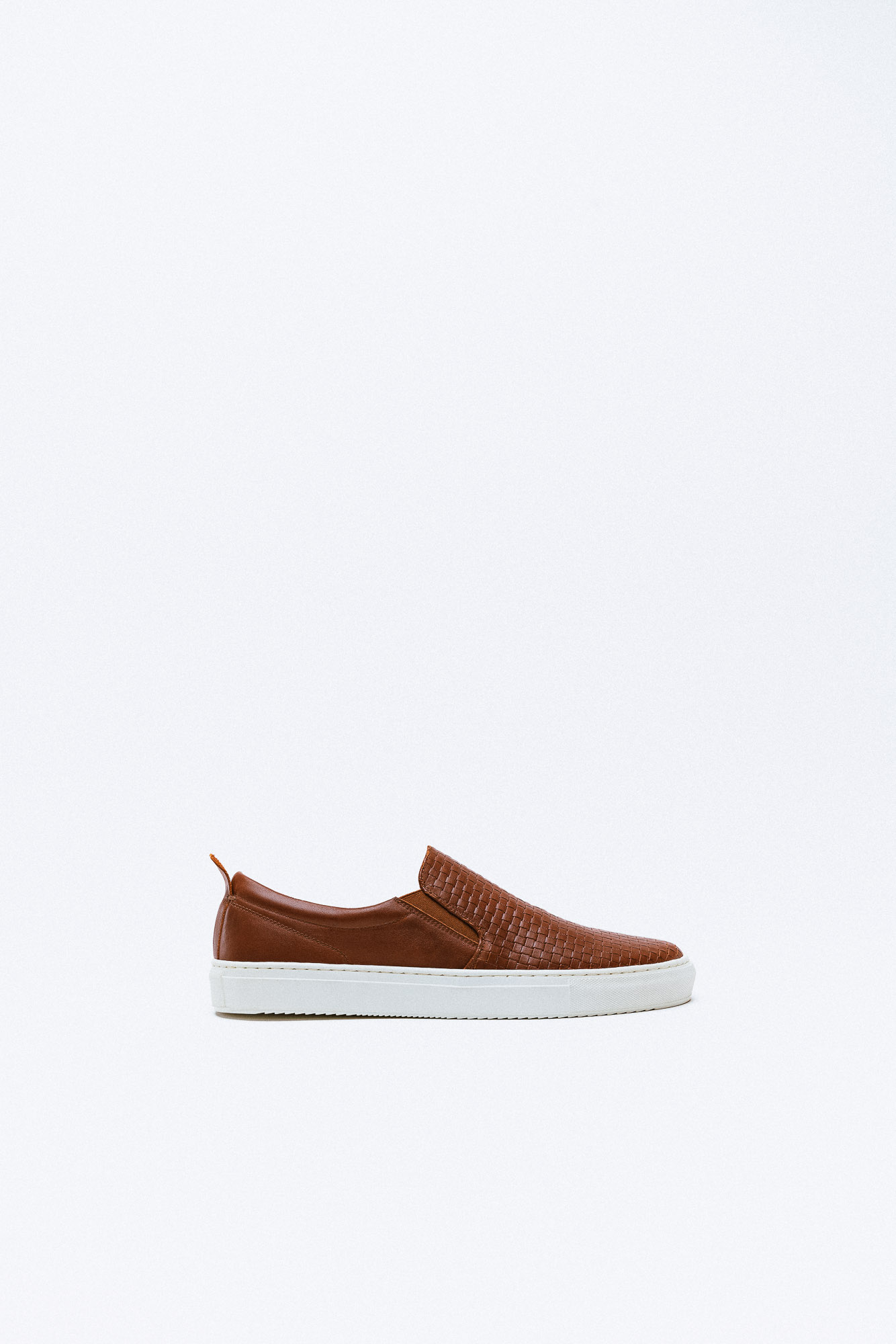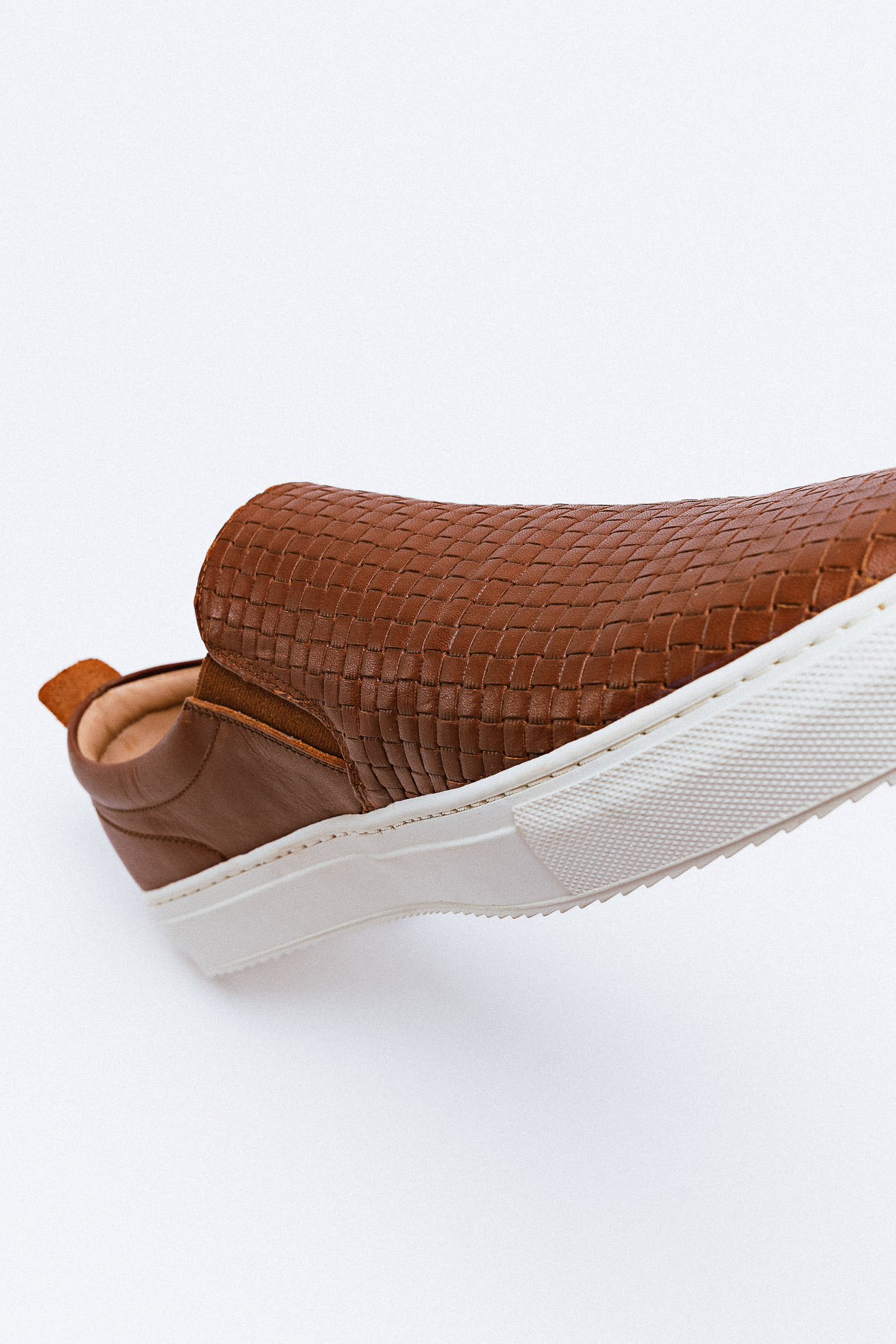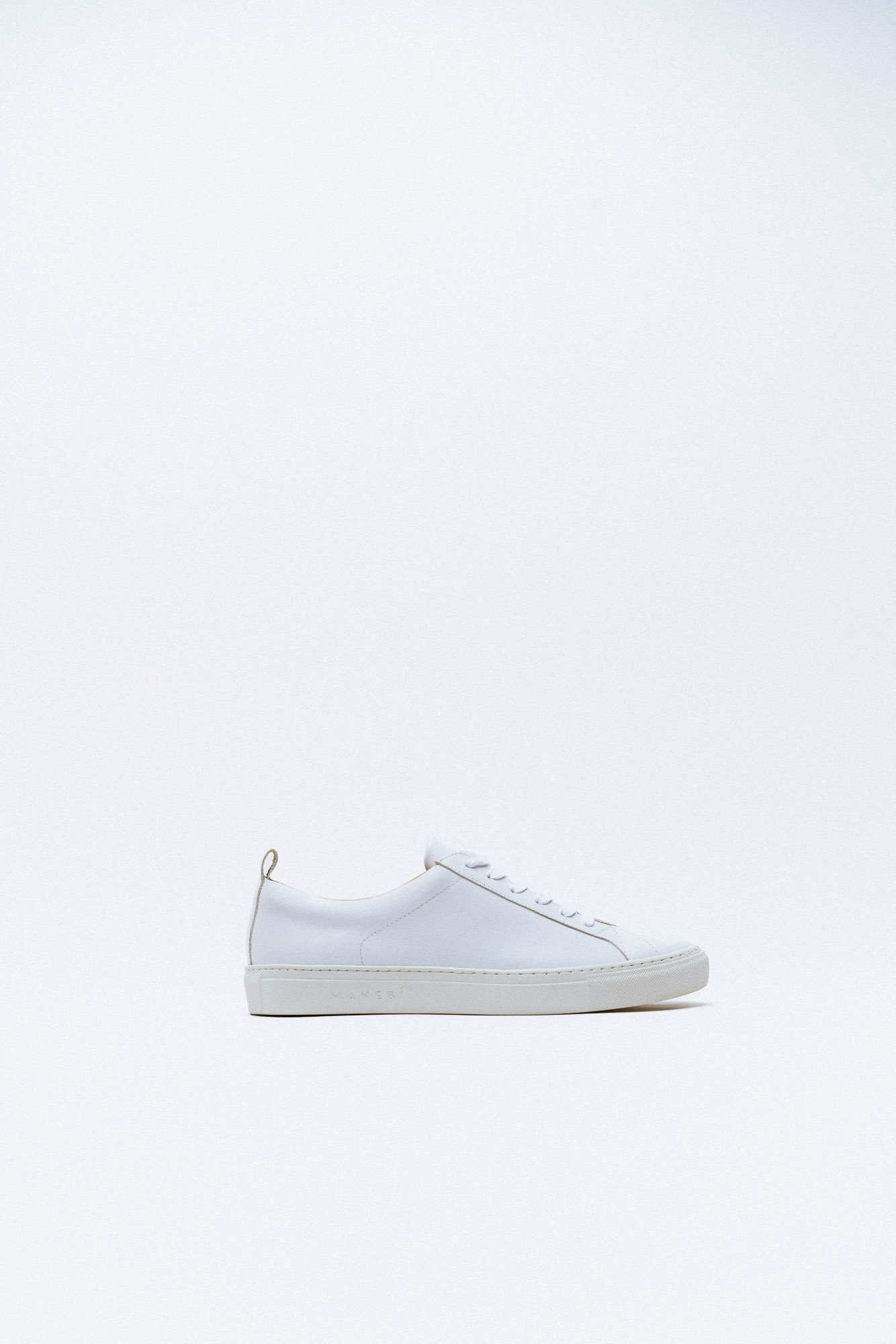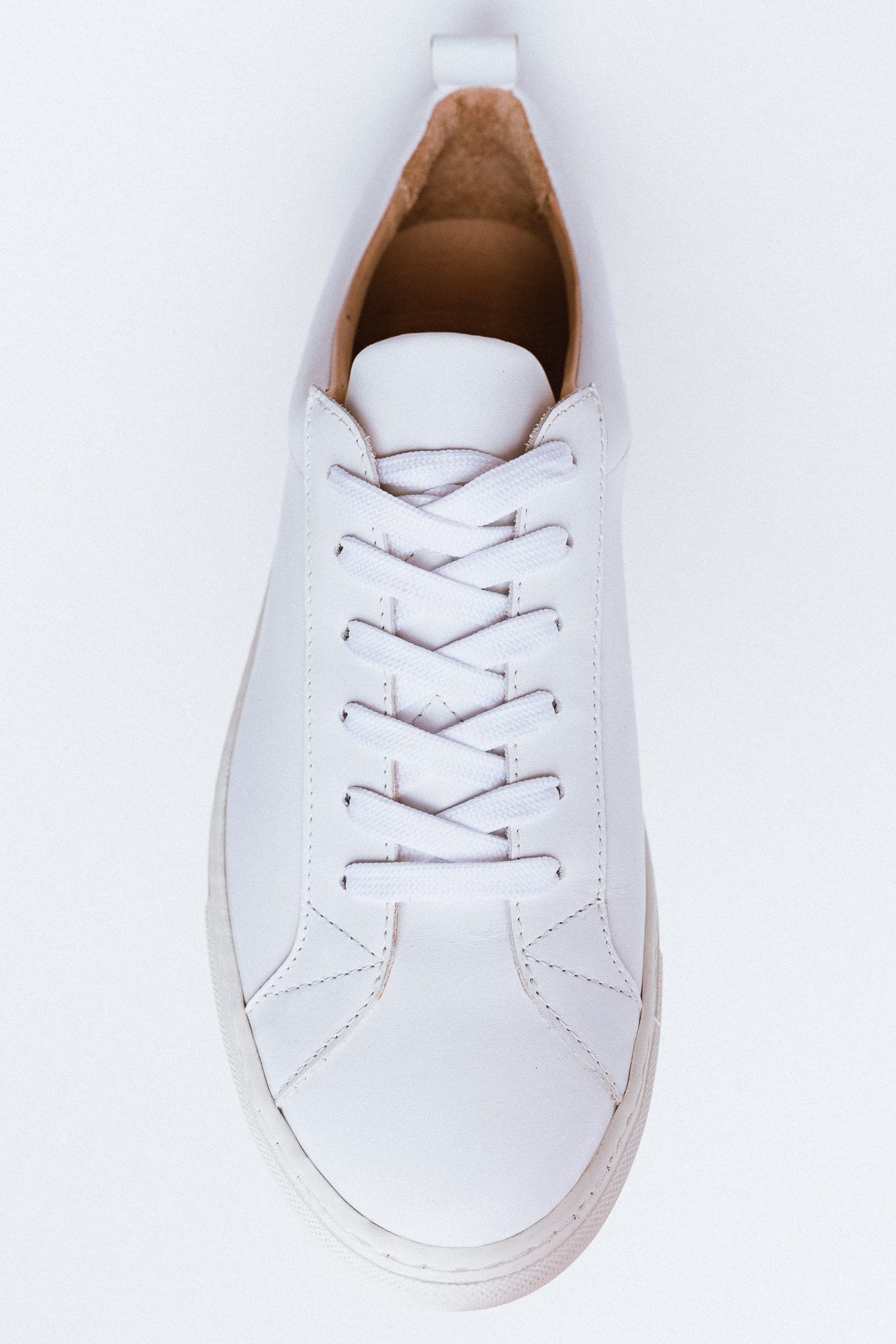When Forever 21 declared bankruptcy this past fall, some saw it as a “tipping point” for the fast fashion industry. The brand’s cheap, trendy clothing options and rapid product cycle allows buyers to acquire and dispose of the latest fashions frequently and at a low cost. But recent years have brought scrutiny toward the practices of companies known for fast fashion, such as Forever 21, Zara, and H&M.
People are becoming more conscious of the impacts of where and how they shop for clothes, and it’s helping to reshape the industry. Last year, McKinsey conducted a study which found that online searches for “sustainable fashion” tripled between 2016 and 2019.
A new report now suggests this increasing demand for eco-friendly fashion has provided a new frontier for material science and chemistry innovations in the apparel industry. The surging desire from both consumers and brands for new textile technologies has opened up the market to growth opportunities, previously stifled by the accelerating product cycles and lowest-cost-possible aims of fast fashion.
Sustainability is just one of the four key “megatrends” Lux Research identifies as factors driving change within the textile and apparel industry. The trend toward sustainability is not only seen in the consciousness of individual consumers, but also in collective movements named by the report, including the United Nations’ Fashion Industry Charter for Climate Change and Greenpeace’s Detox 2020.
Along with sustainability, the report finds supply chain risks and the demand for personalization and better functionality are similarly driving the need for innovation.
While the report acknowledges that the trend toward digitization, such as through popular online reselling platforms like Poshmark and Depop, is helping meet the demands posed by the four megatrends, it focuses on how materials science and chemistry can specifically provide innovation where it’s most wanted.
Fabric dyeing and treatment accounts for a whopping 20% of wastewater worldwide. Of the six potentially broadly-impactful innovations Lux Research presents in the report, water-free dyeing is projected to have the highest impact. However, it is also one of the technologies with the longest timeline until commercial adoption at an estimated five or more years.
DyeCoo, a Netherlands-based company, has already made headway in the pursuit of water-free dye processes. Their closed-loop dyeing process, powered by carbon dioxide instead of water, has been used by high-profile brands like Nike and Adidas. DyeCoo is currently working on expanding the range of fibers their process can dye and the range of colors they provide.
Another long-term opportunity for material science named by the report is “smart” textiles, which incorporate electronic capabilities into fabric. The highest demand for smart textiles is in the healthcare and sportswear industries, where fabrics which monitor anything from heart rate to sweat composition would find the most use.
While the advent of electronically capable fabrics has already garnered a lot of hype, the report names a number of challenges still to be overcome including washability, durability and manufacturability.
In the near-term, material science and chemistry companies should focus on developing functional coatings and finishes to help provide better functionality to apparel. Though treatments which make fabrics water or stain resistant sound less exciting than smart textiles, the report finds functional coatings currently have the best market penetration of the key textile innovations named.
By partnering with major fashion brand companies, chemistry and material companies can help supply the necessary technologies to provide greater sustainability within the apparel and textile industry.
Originally from Forbes

